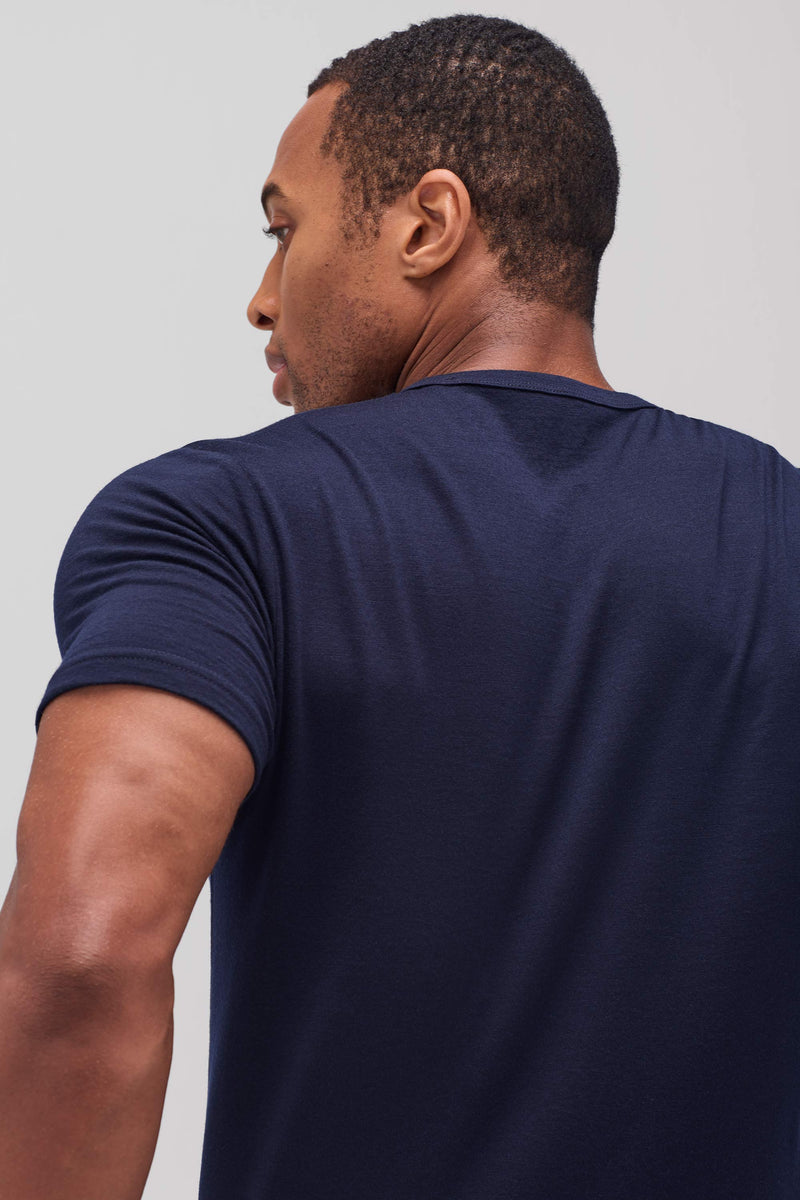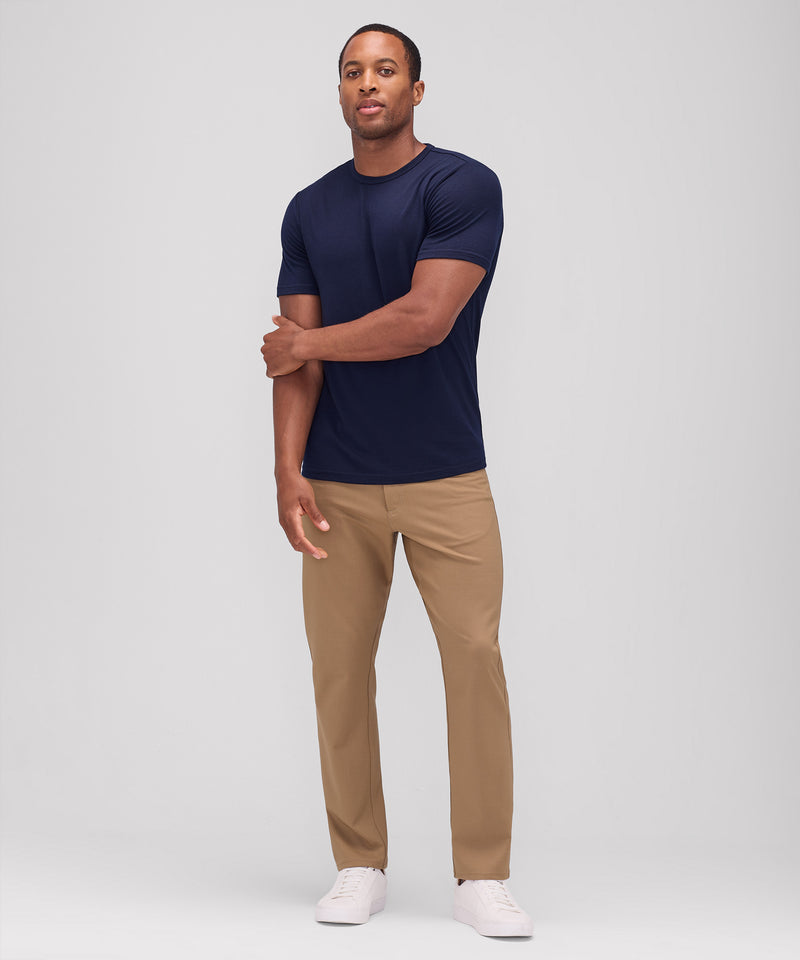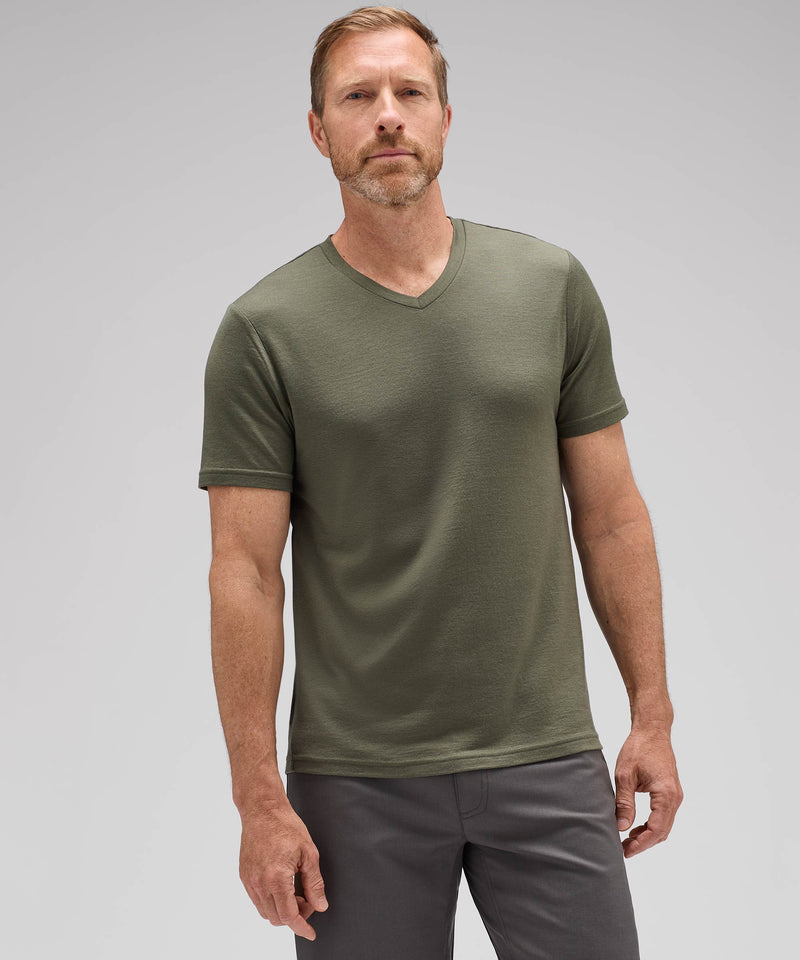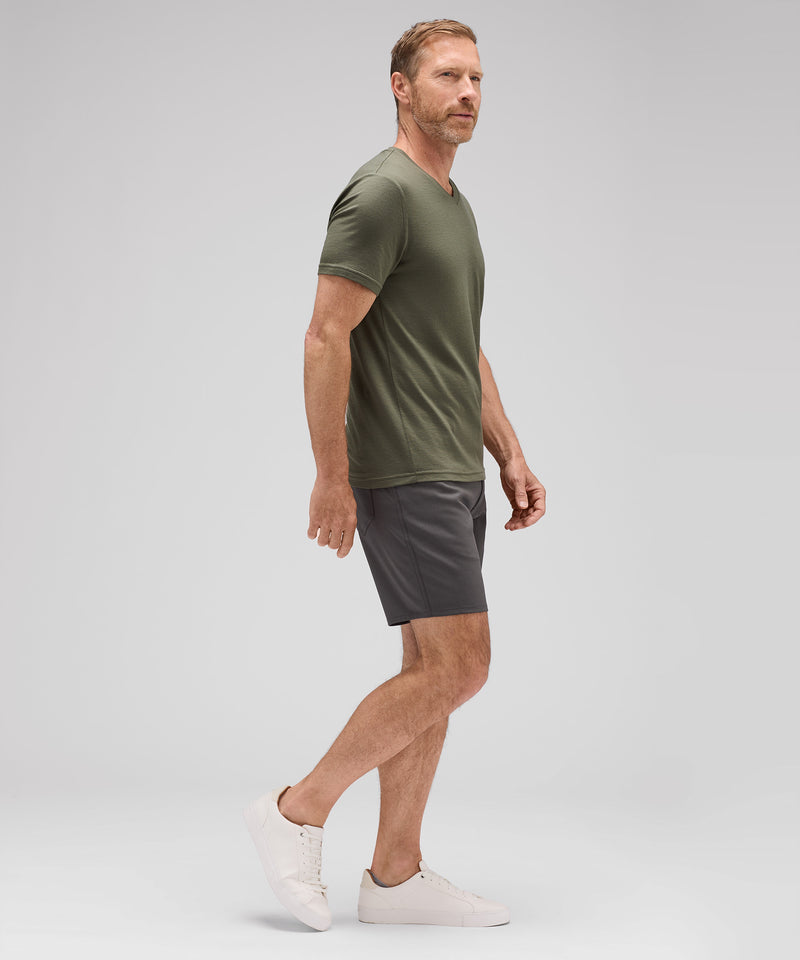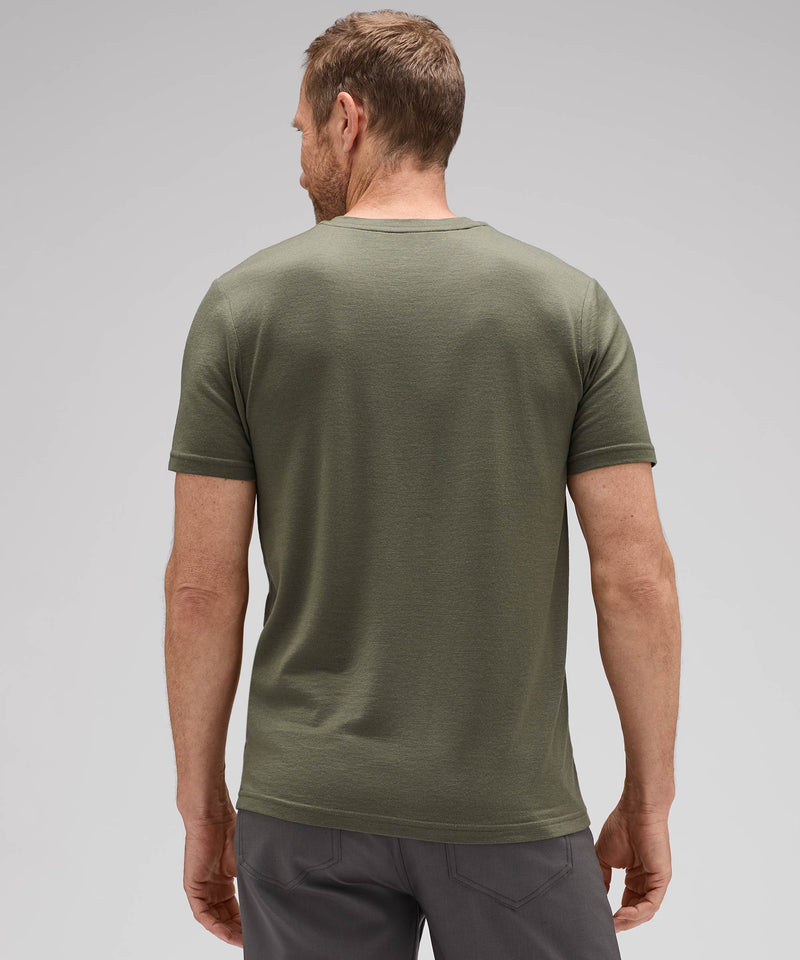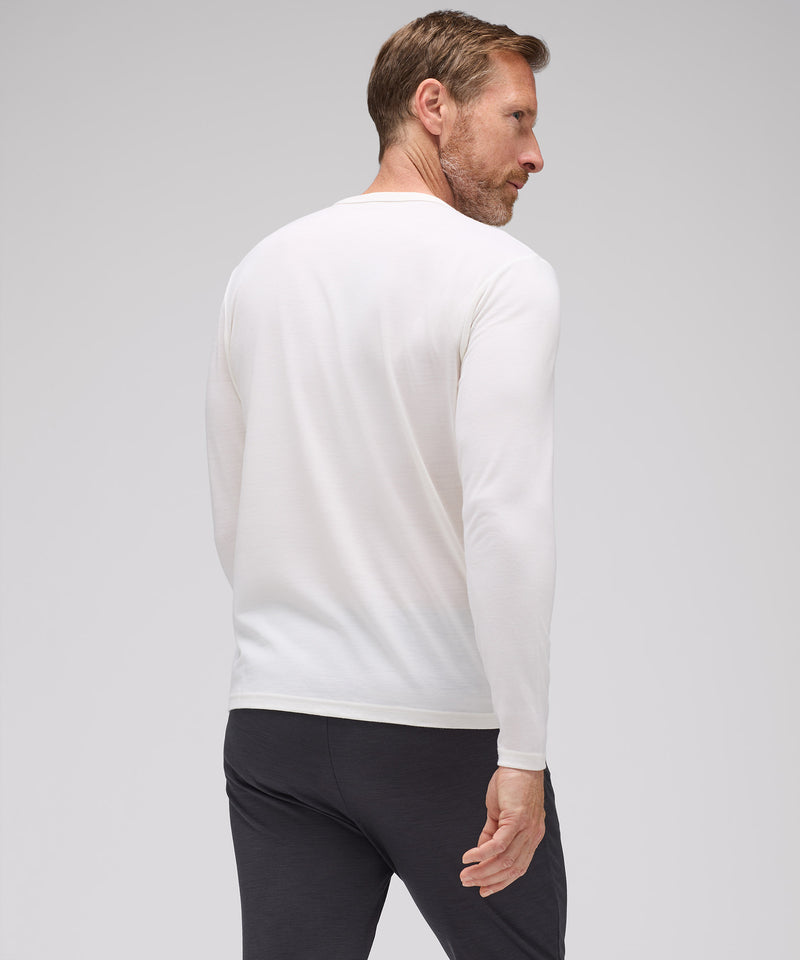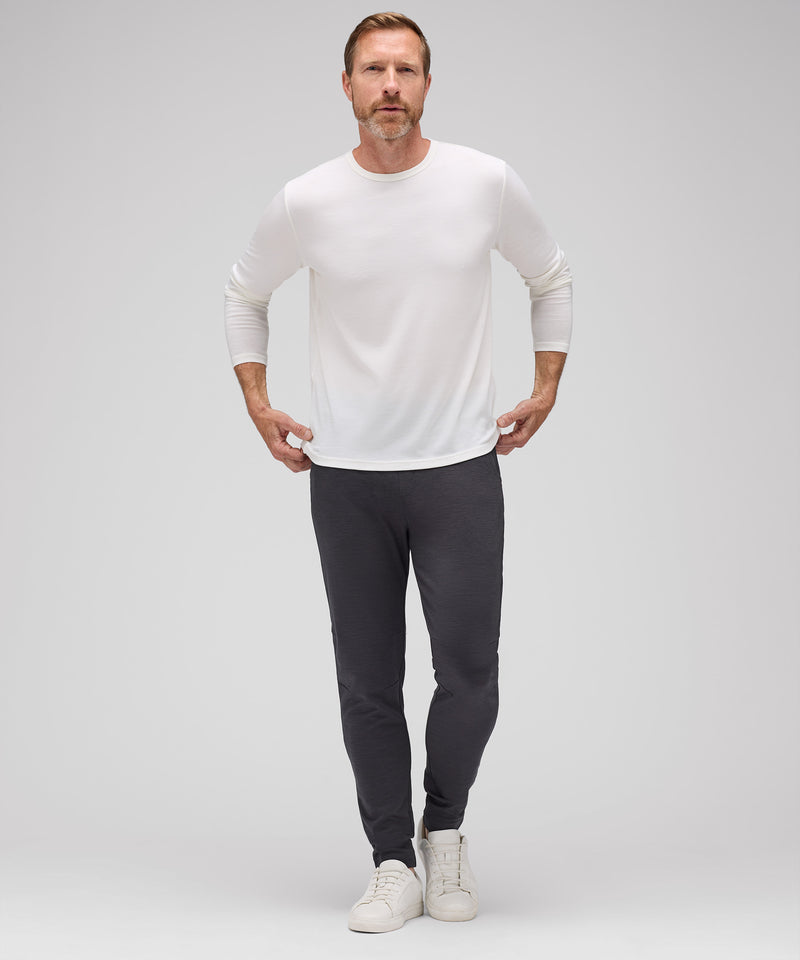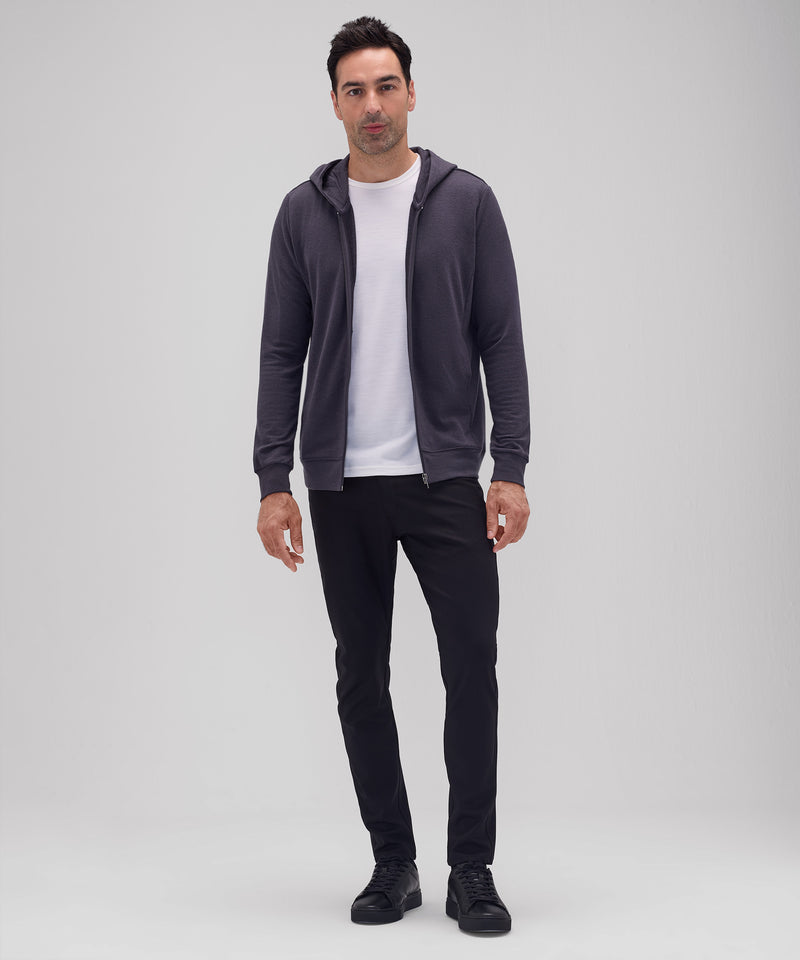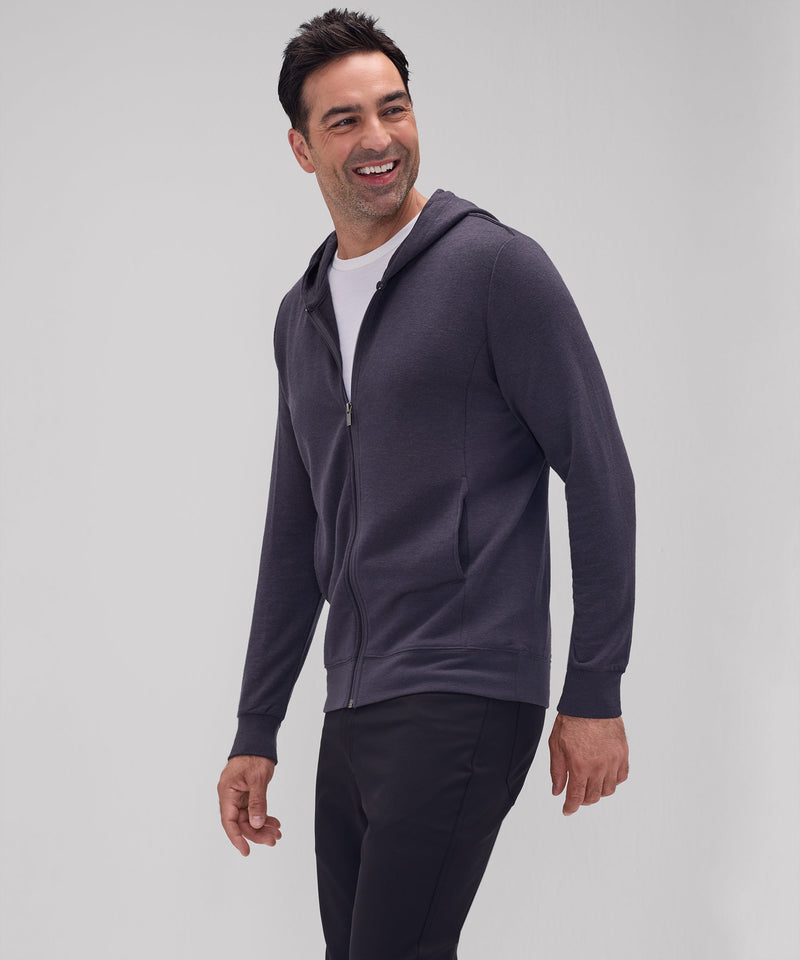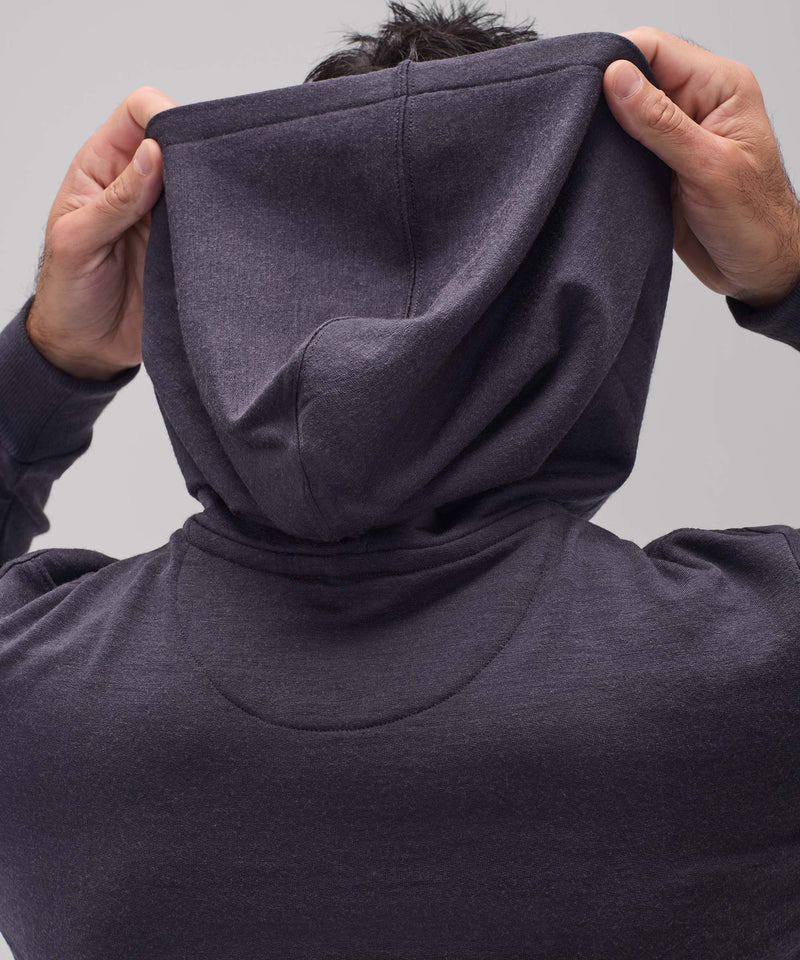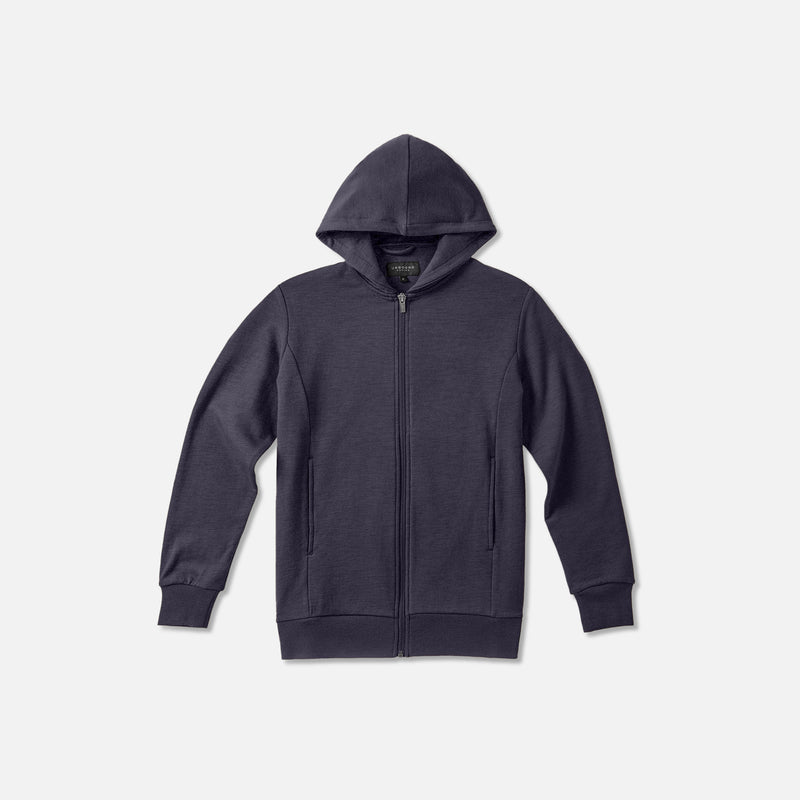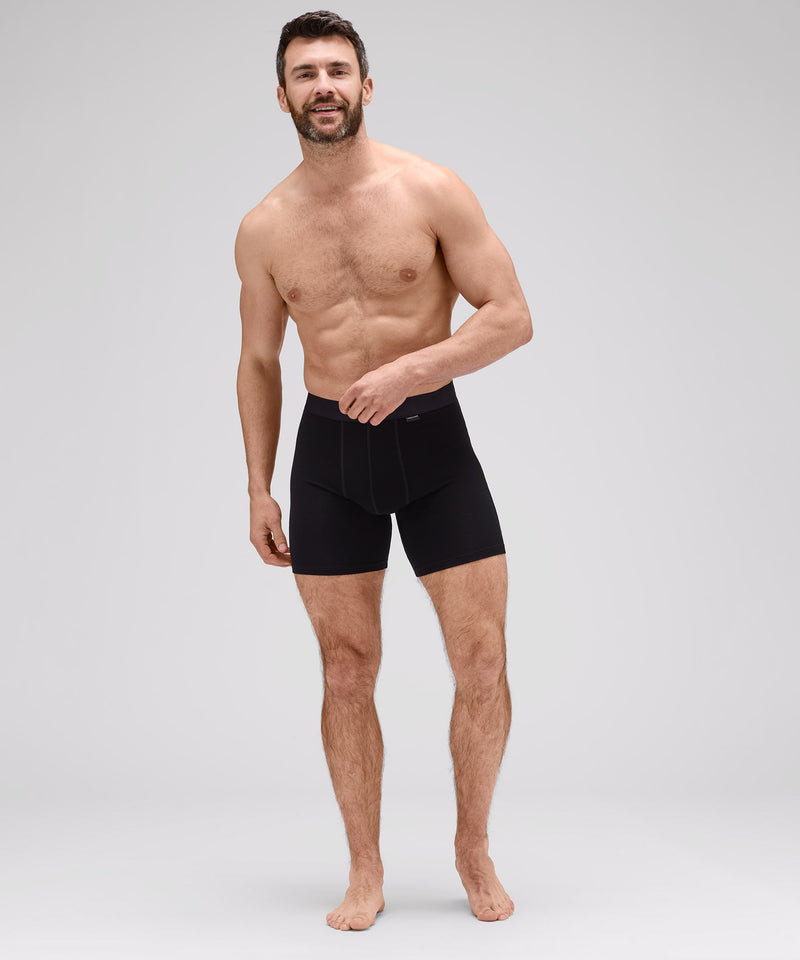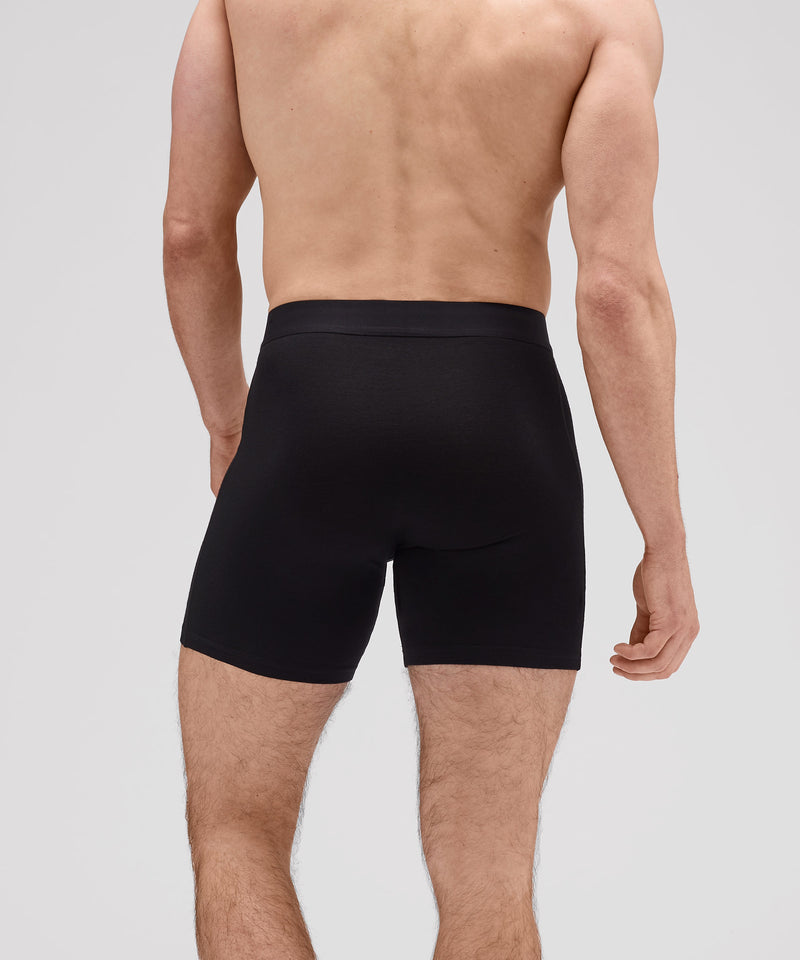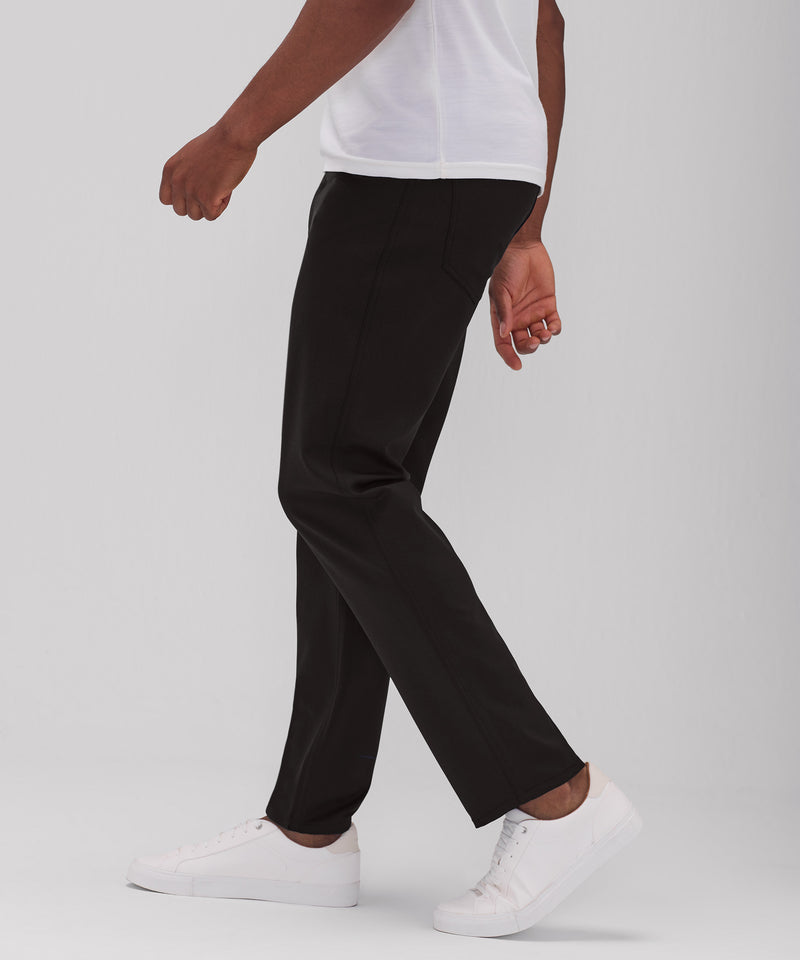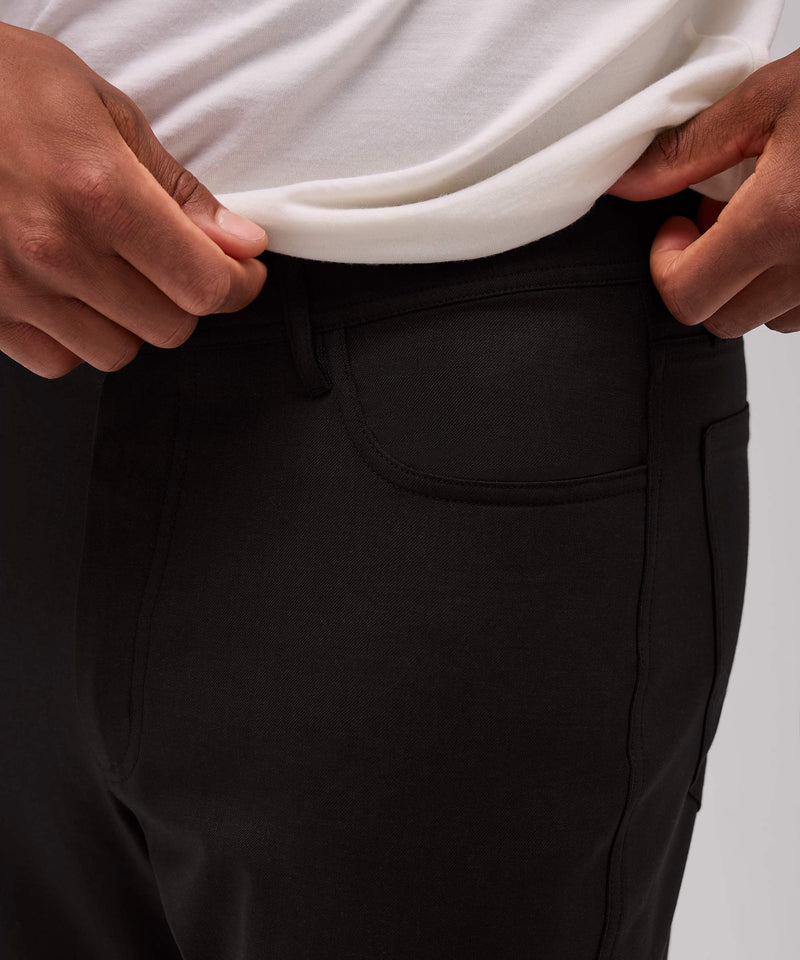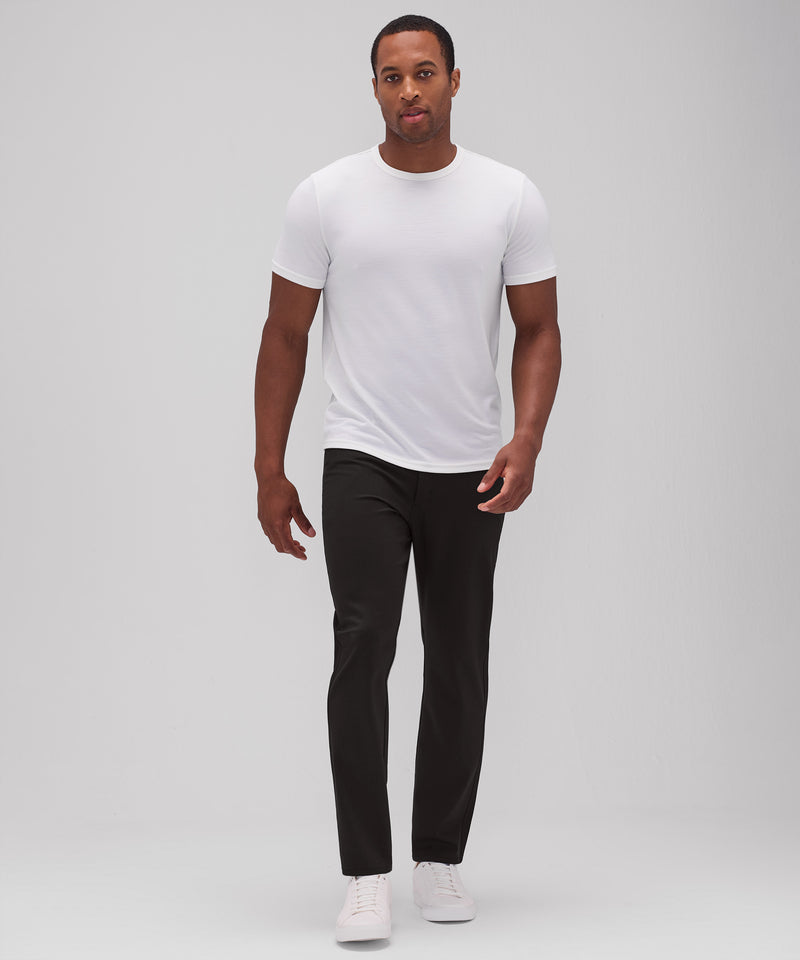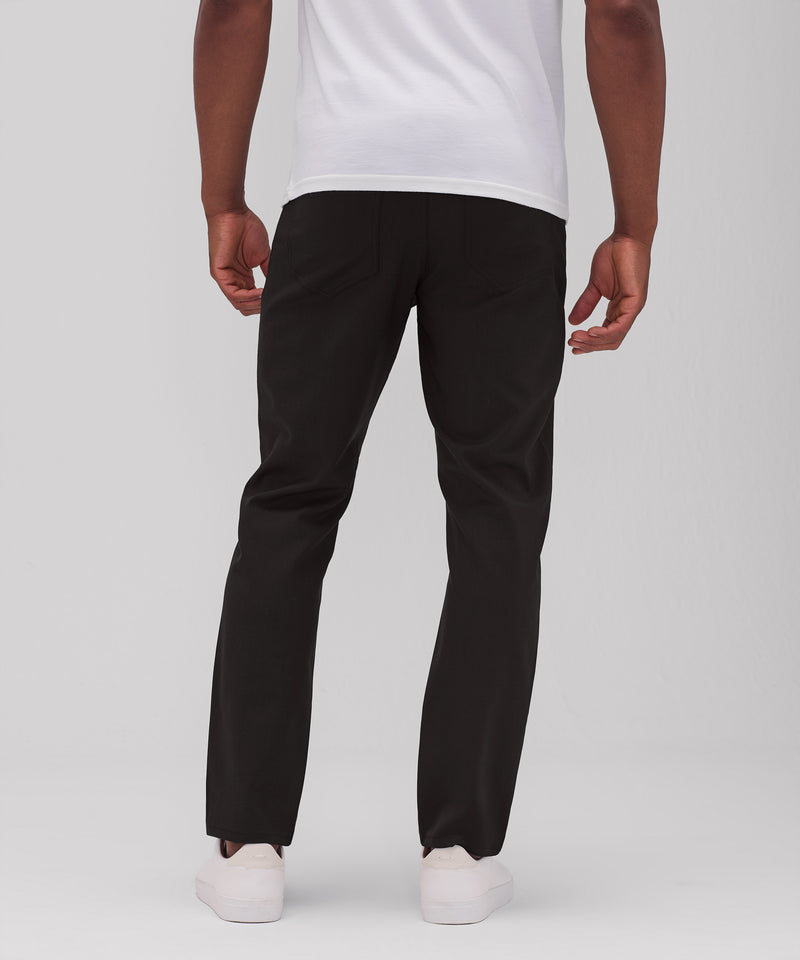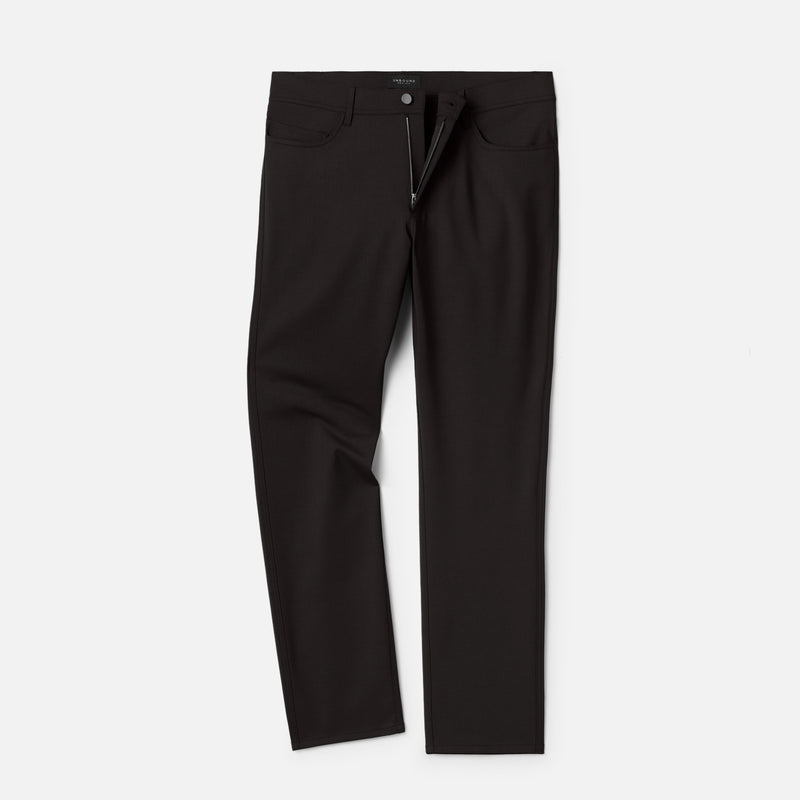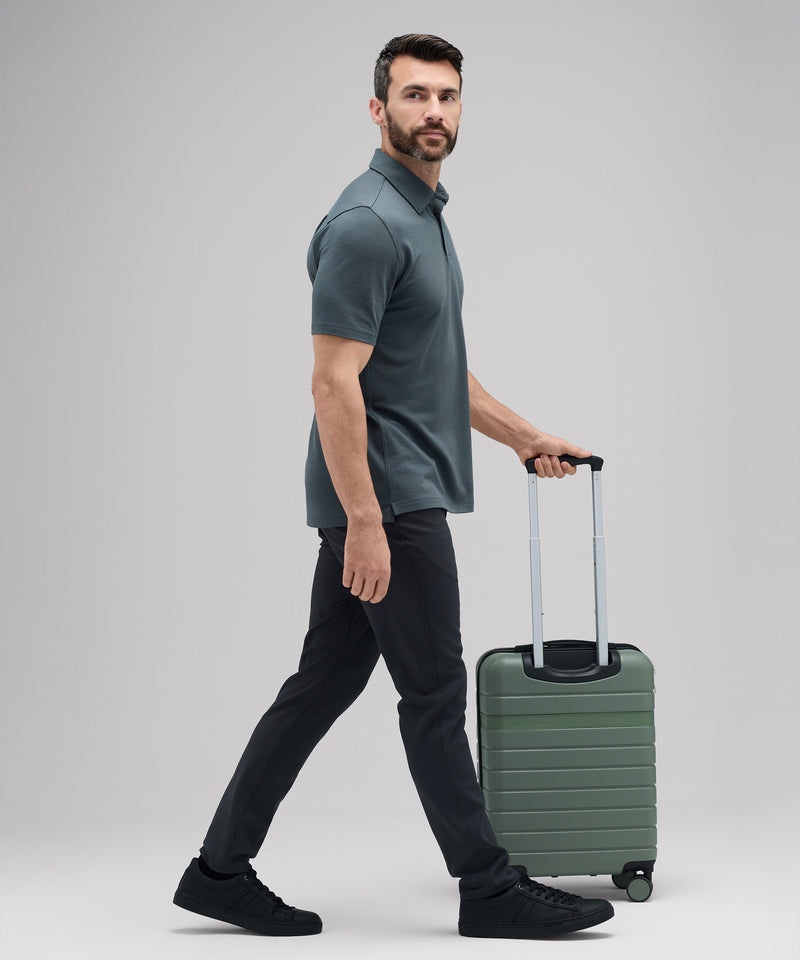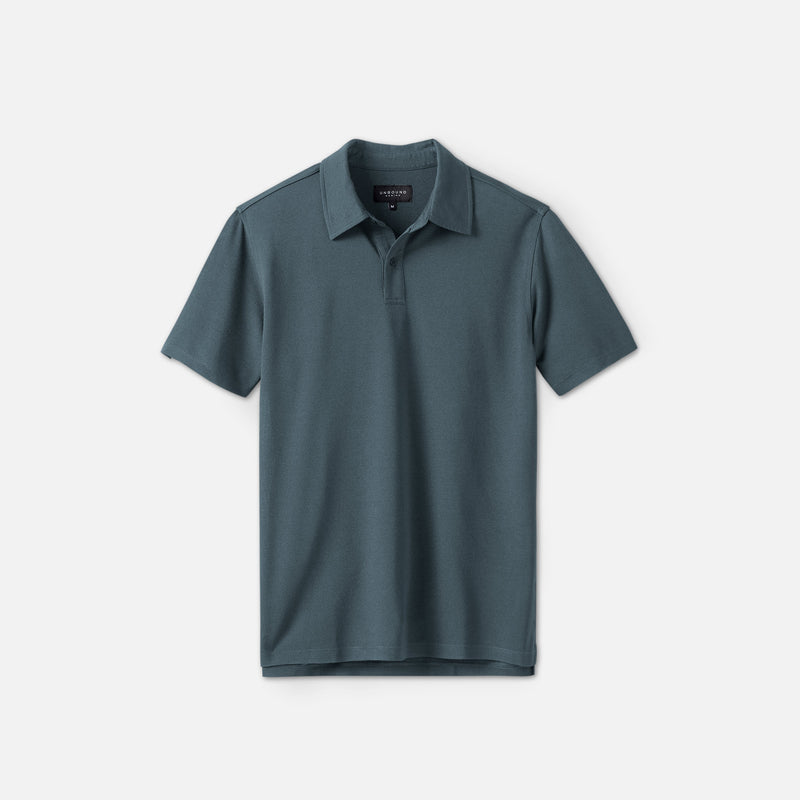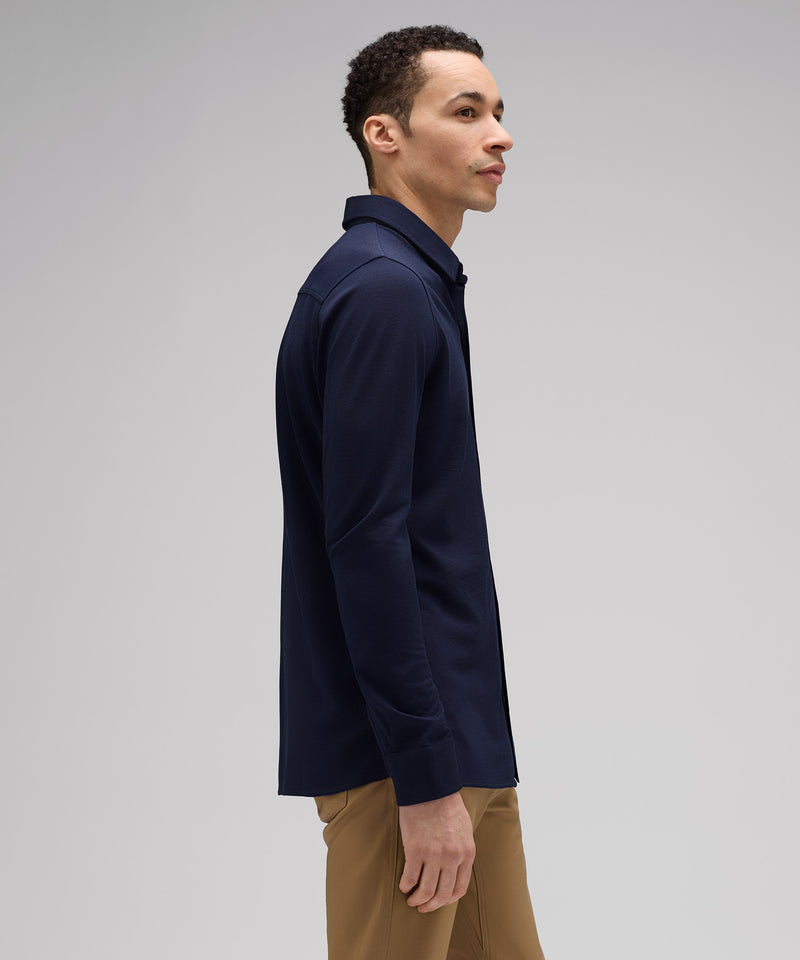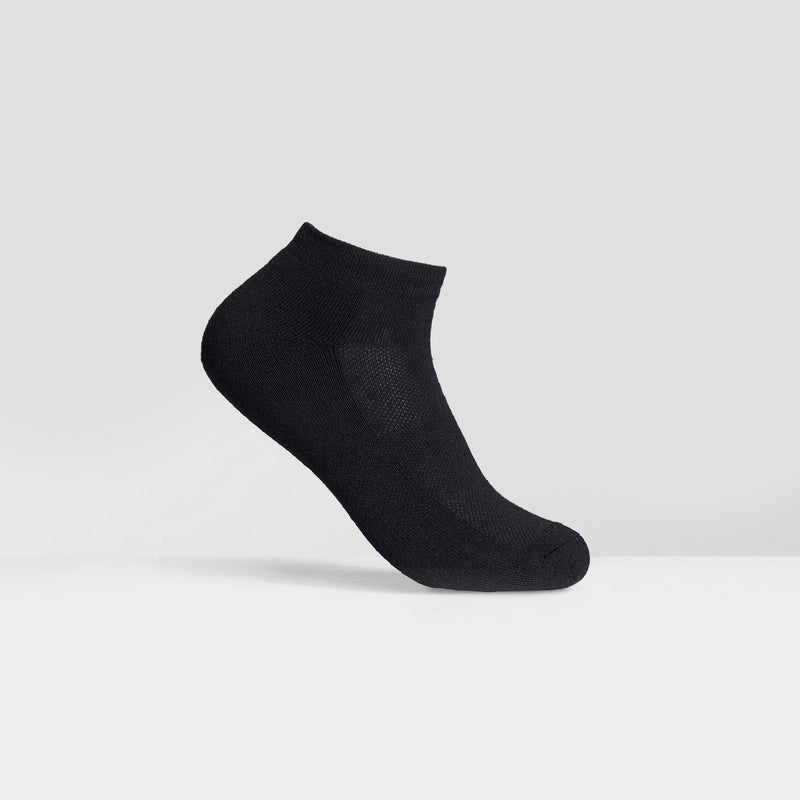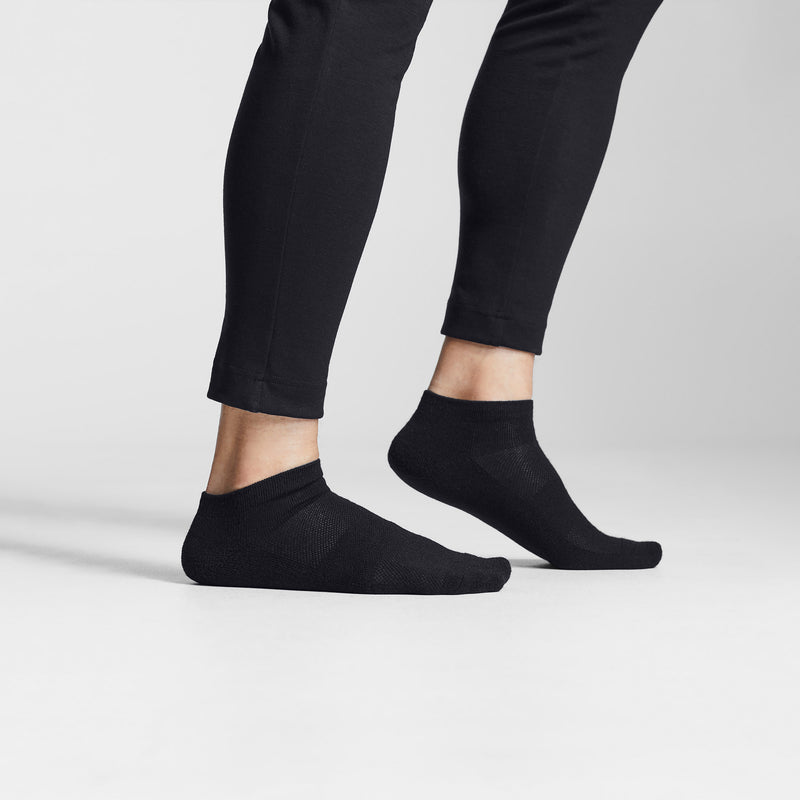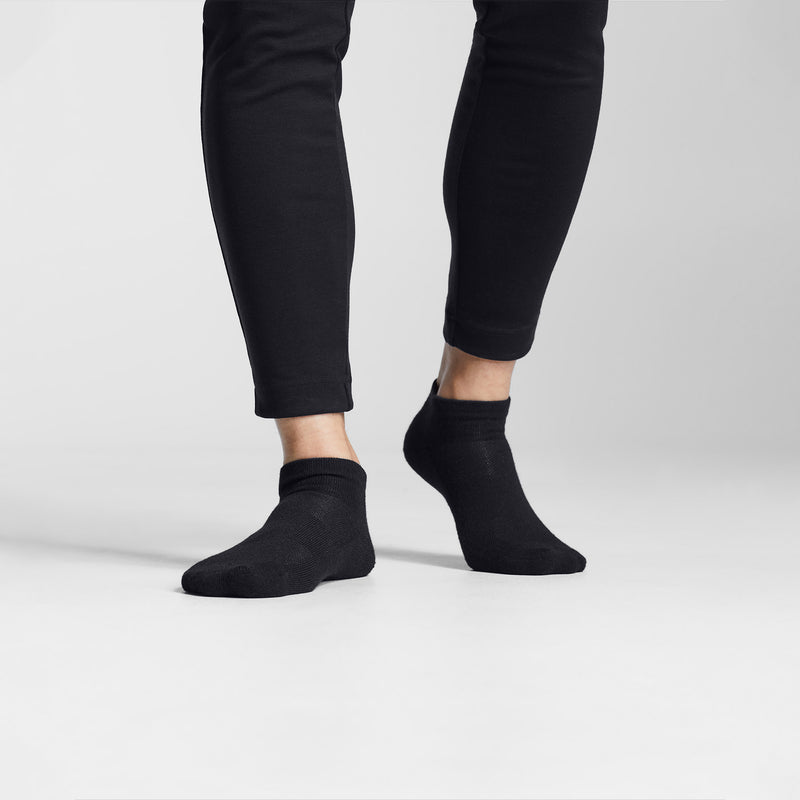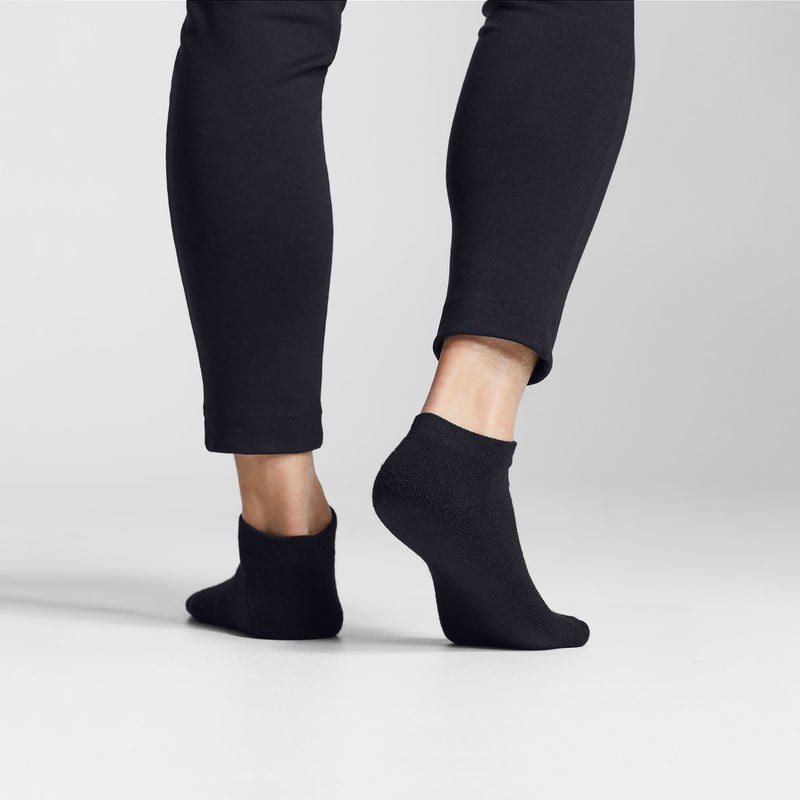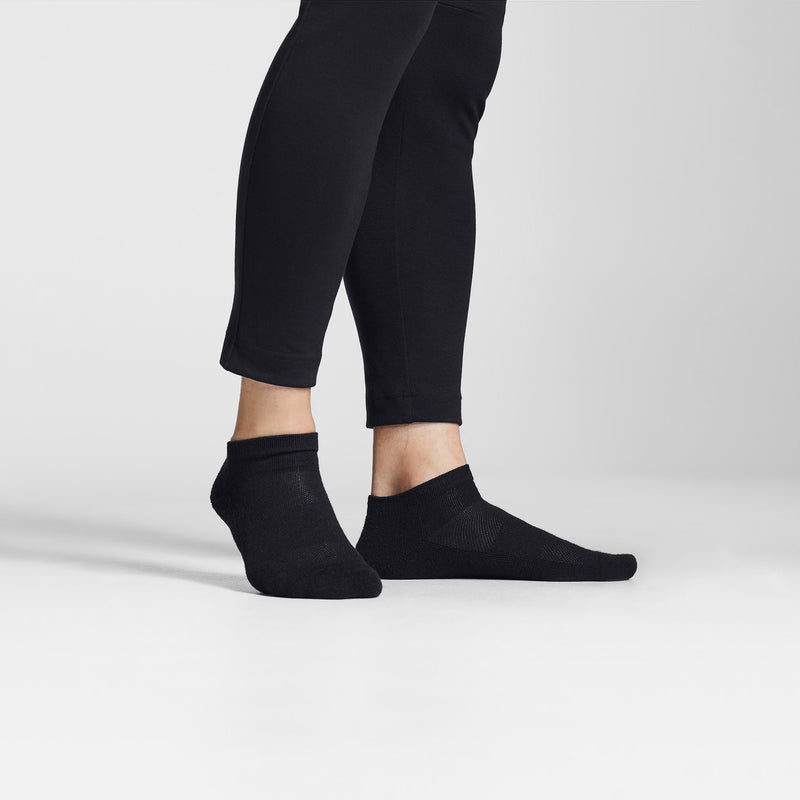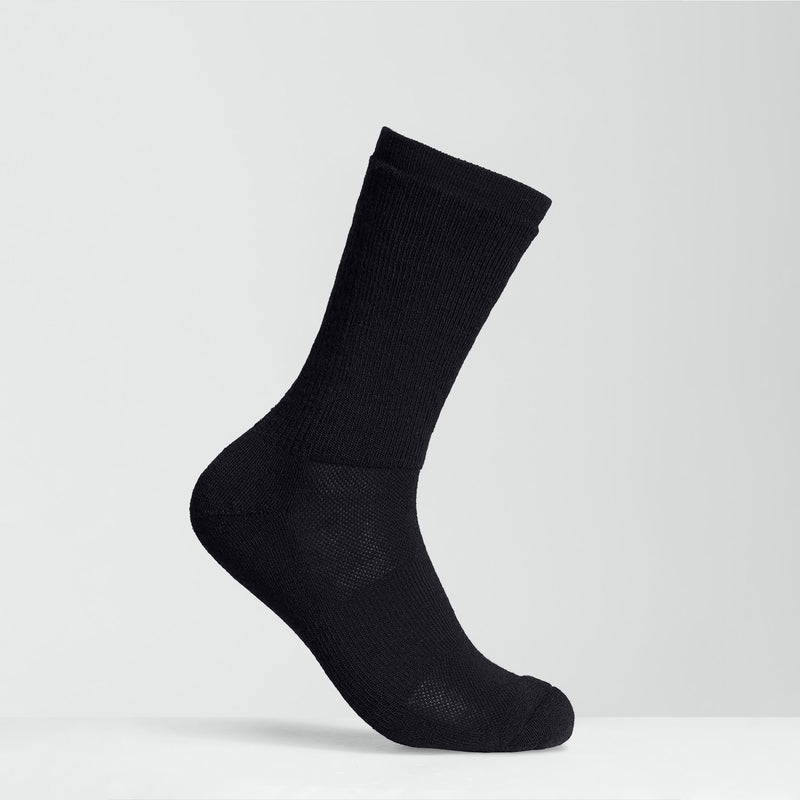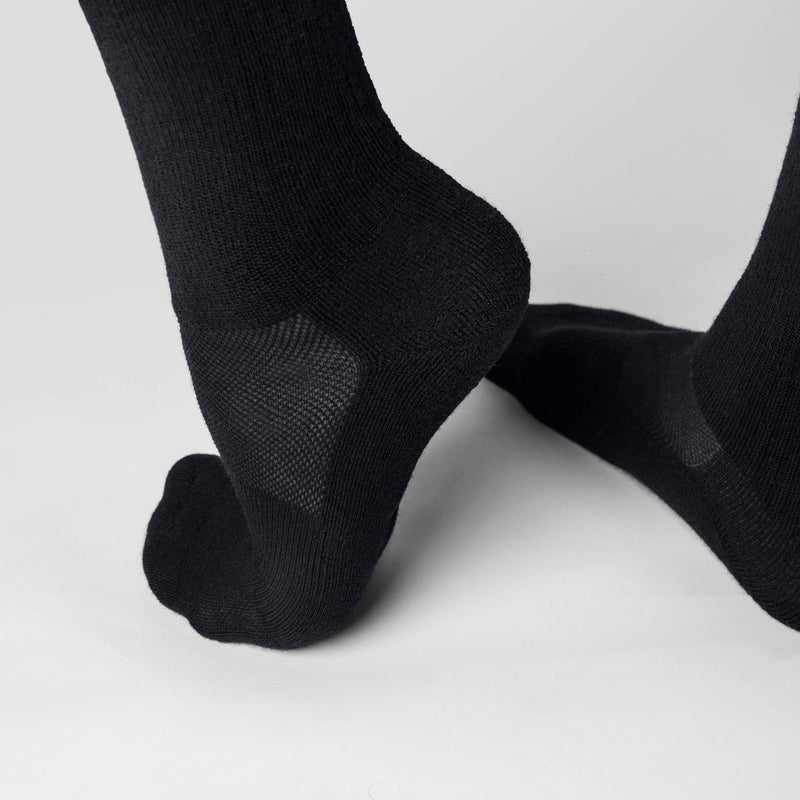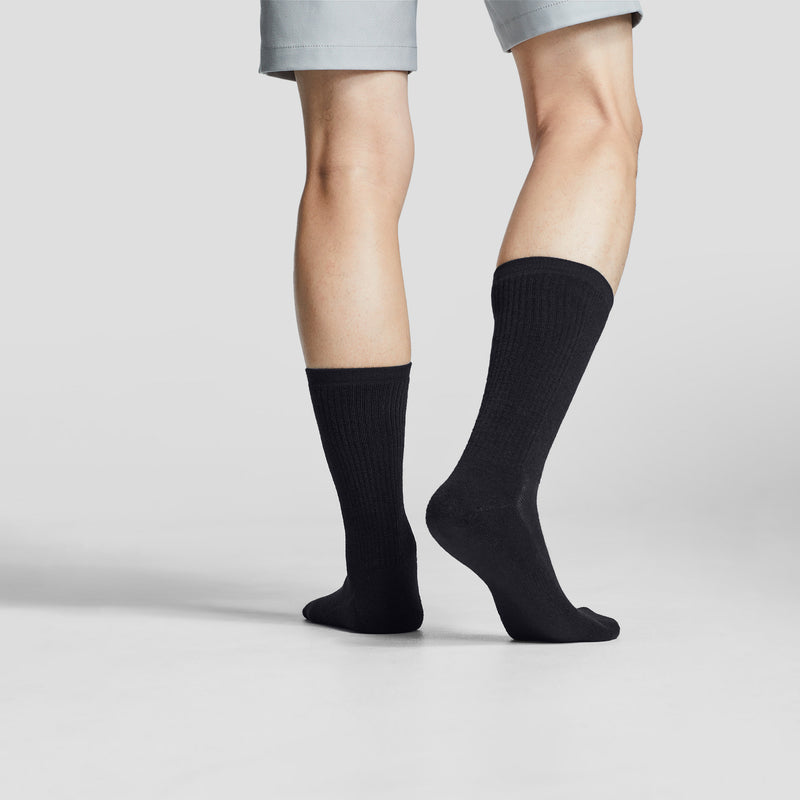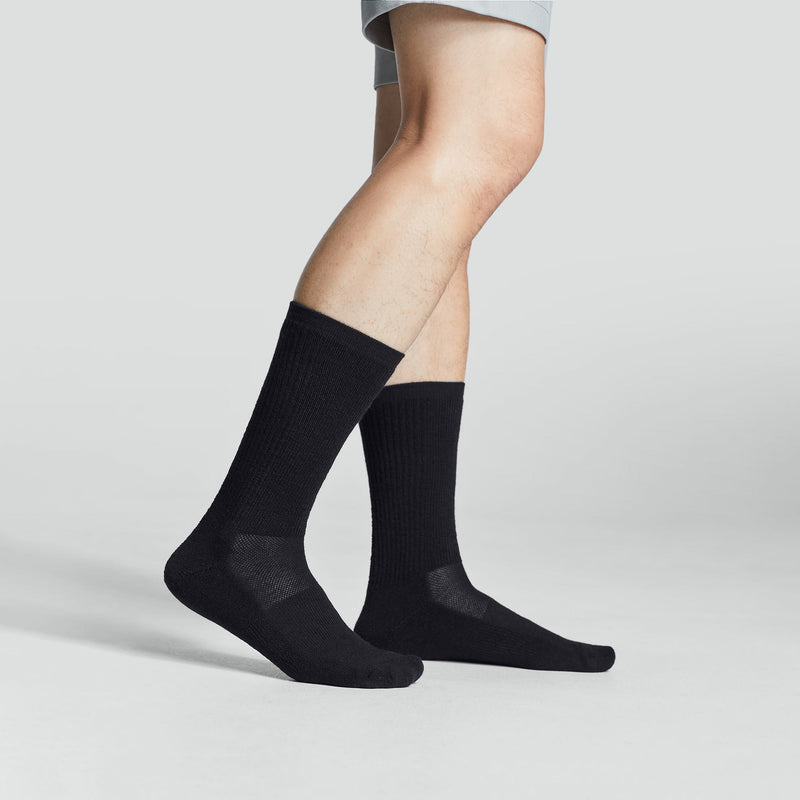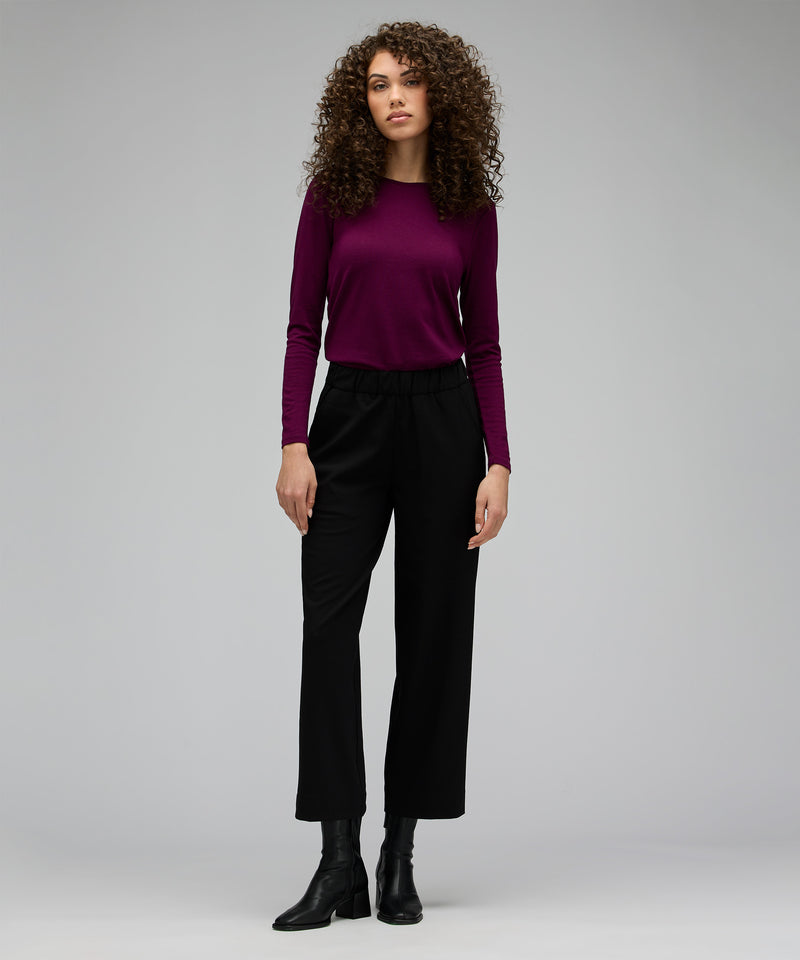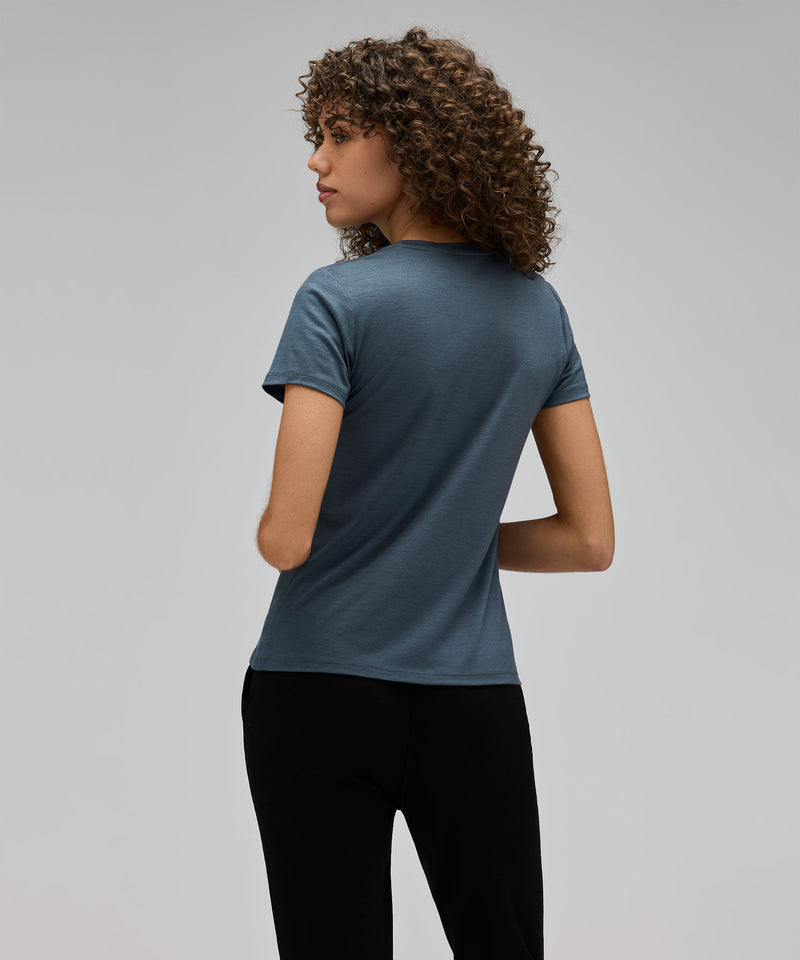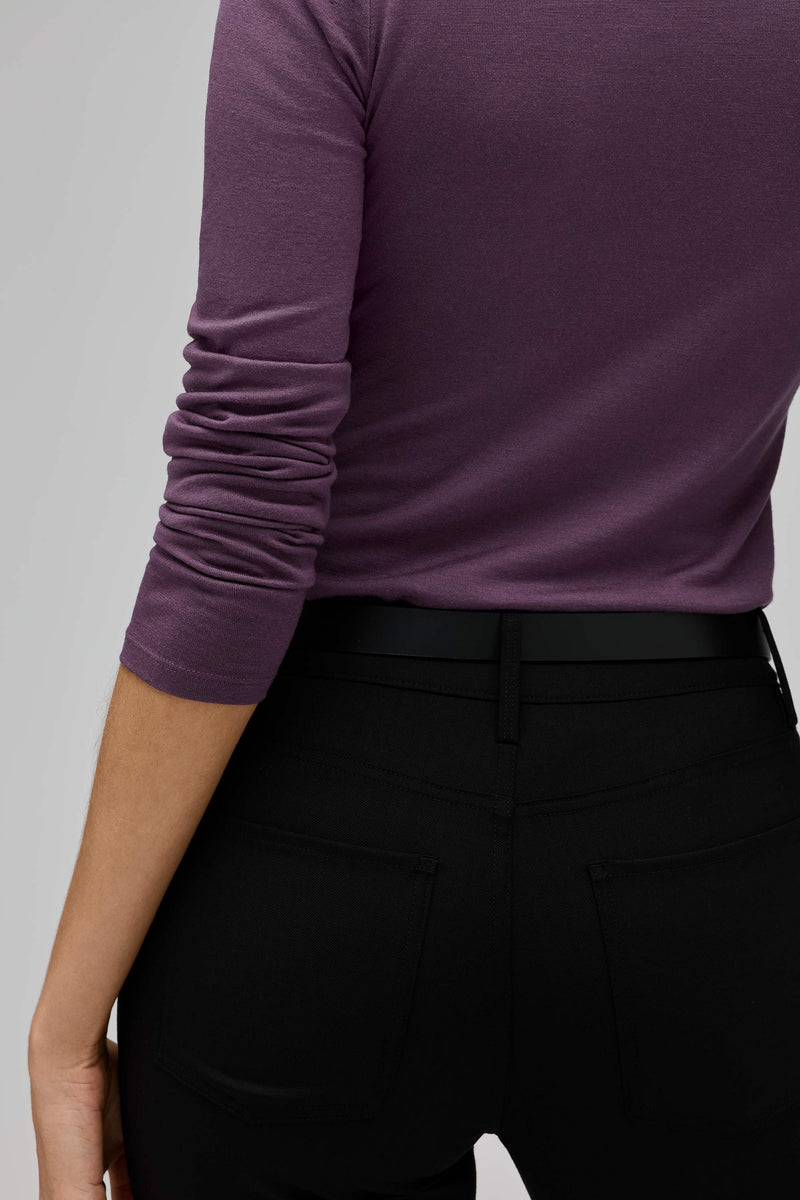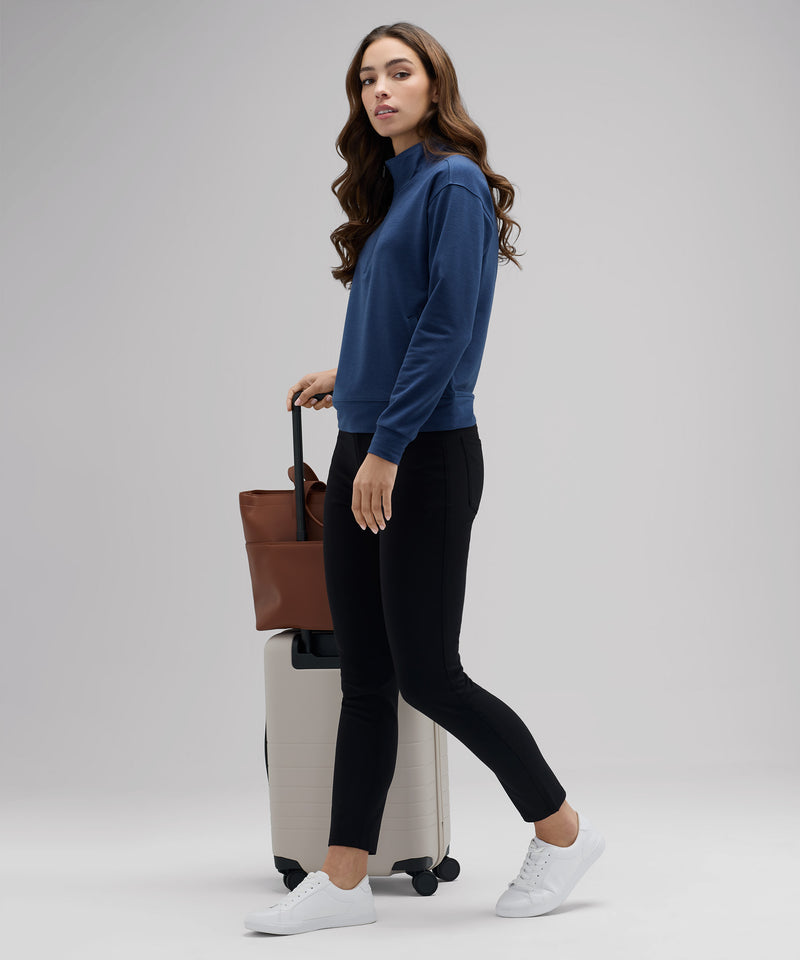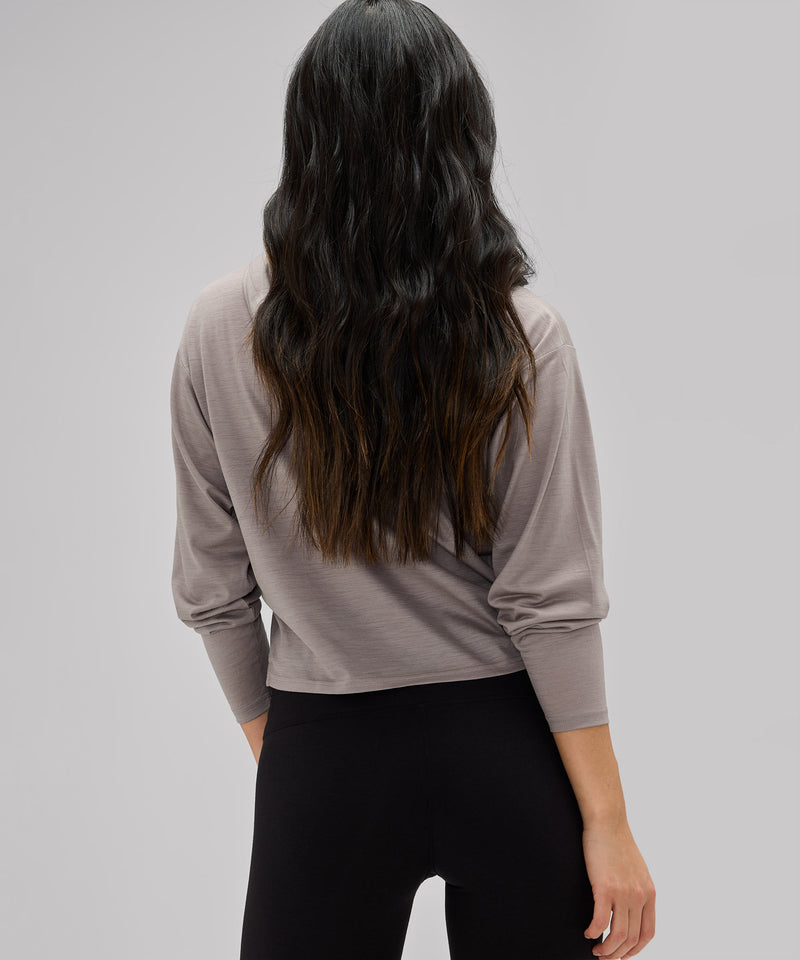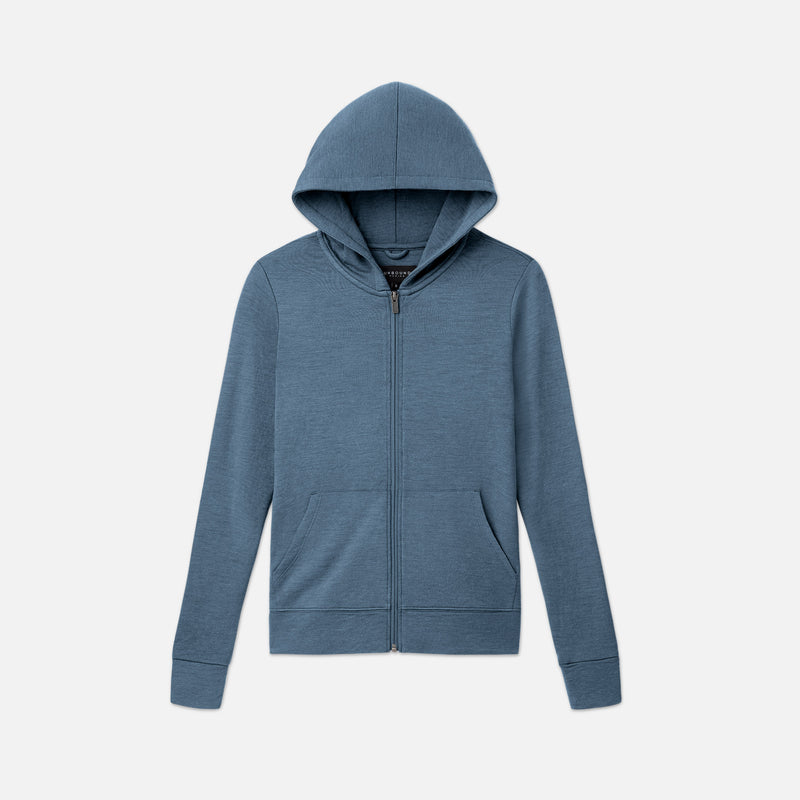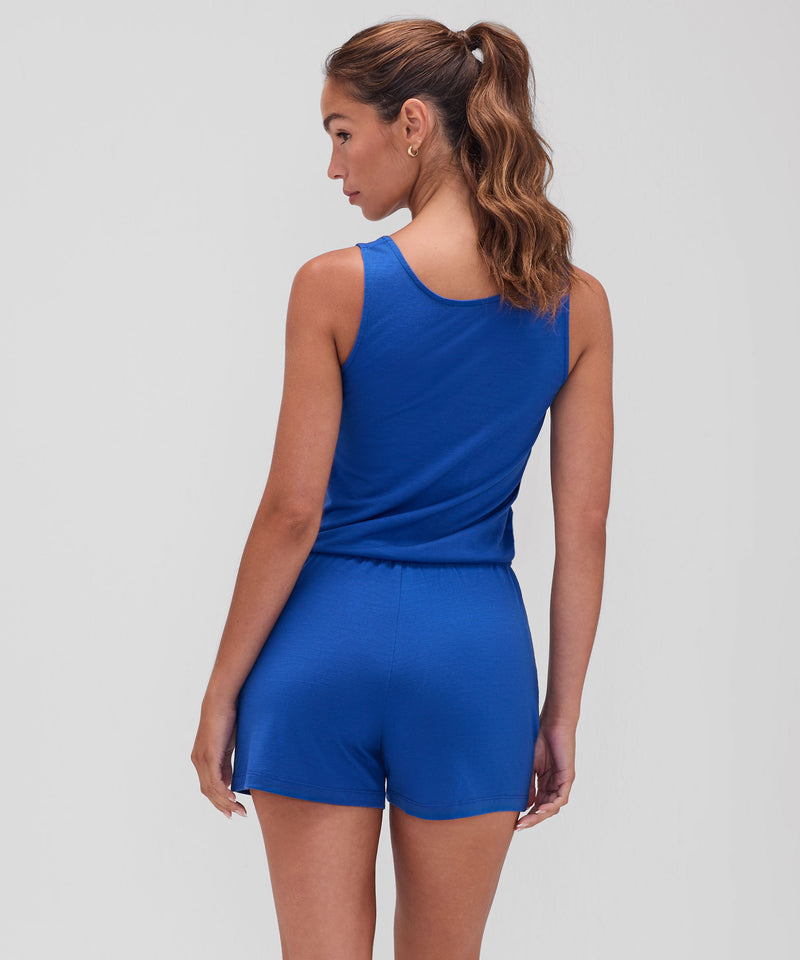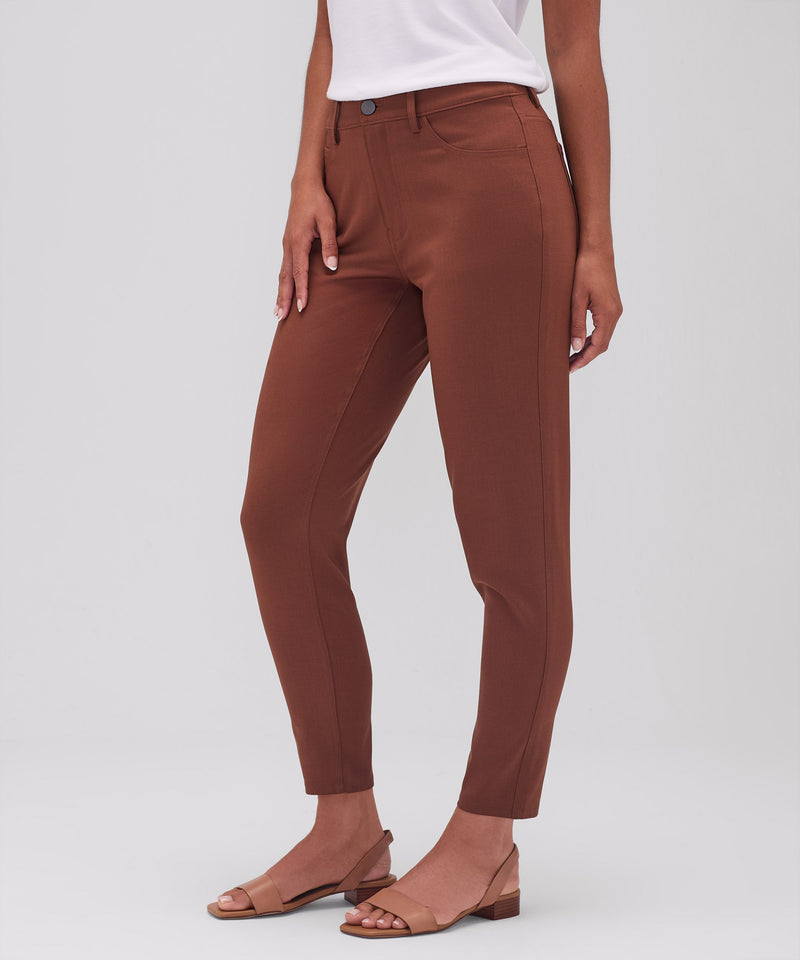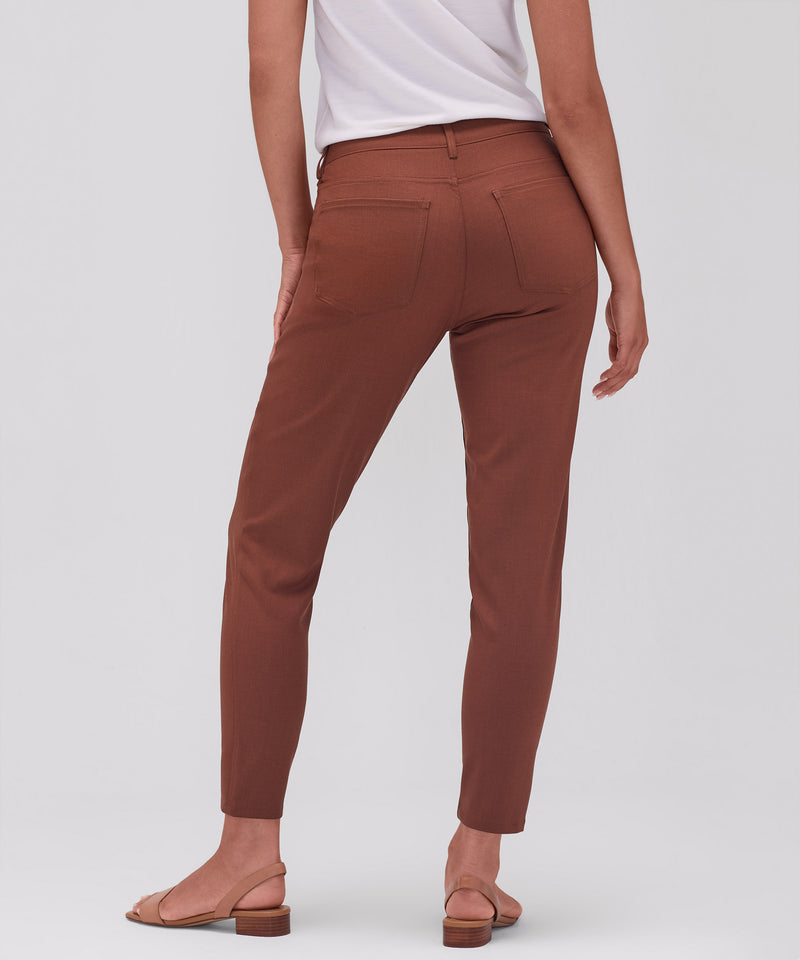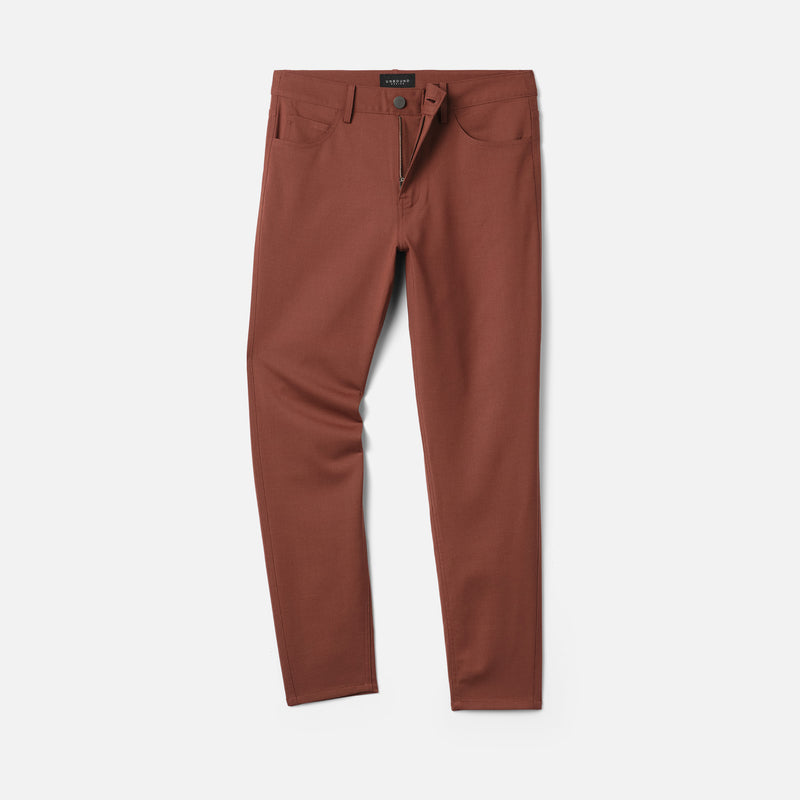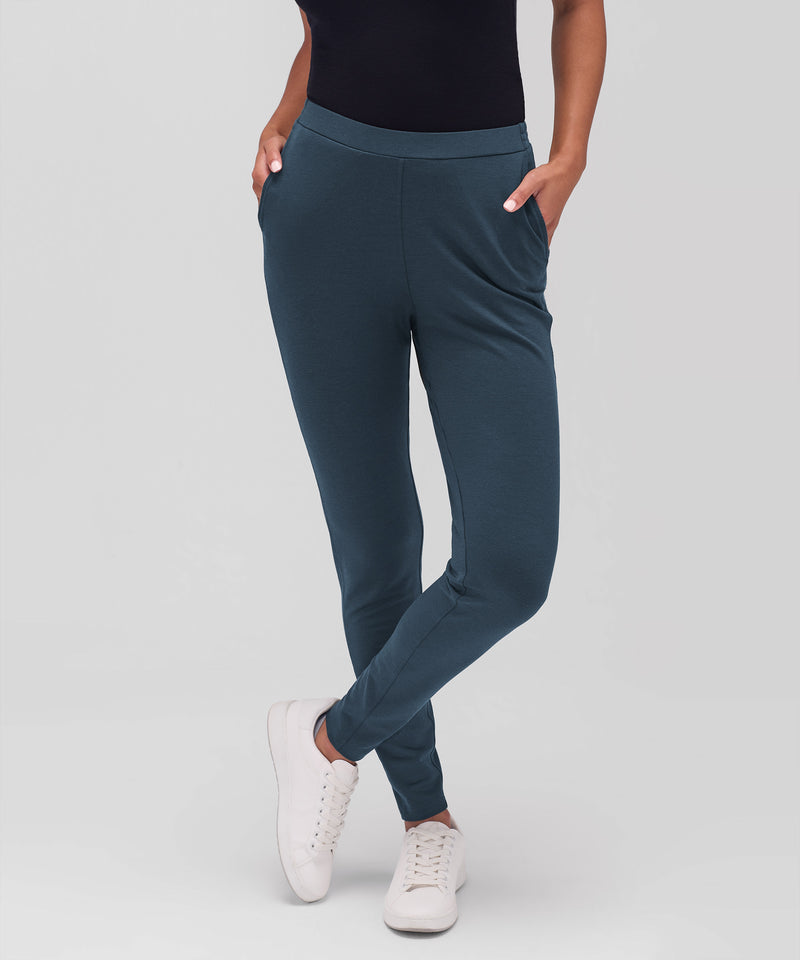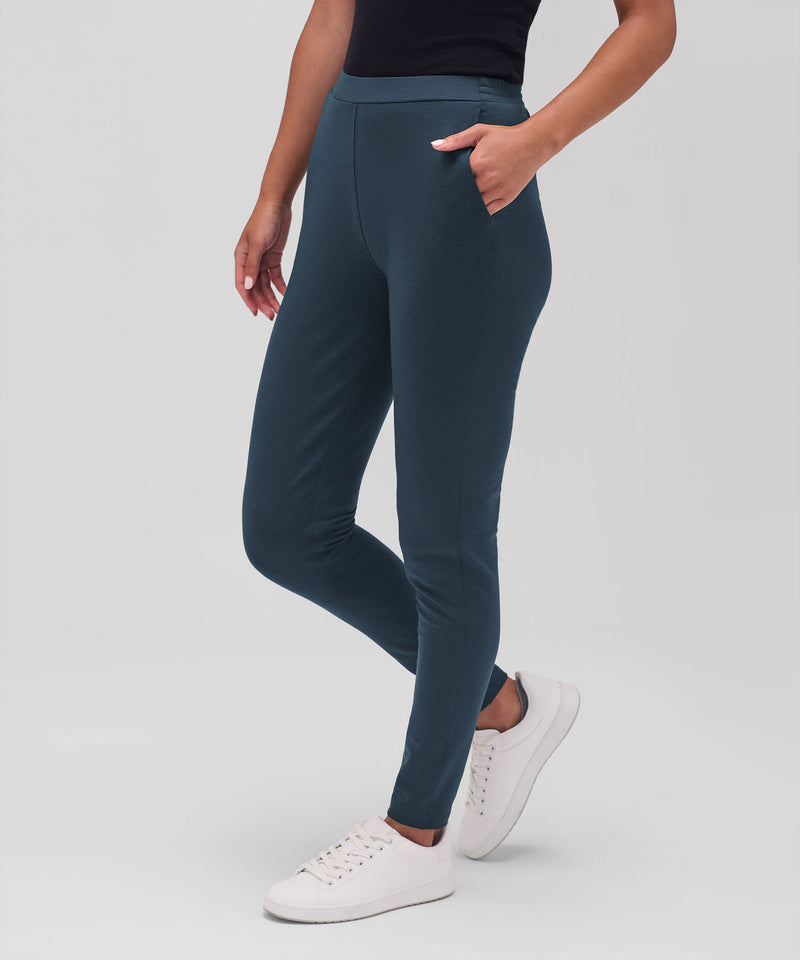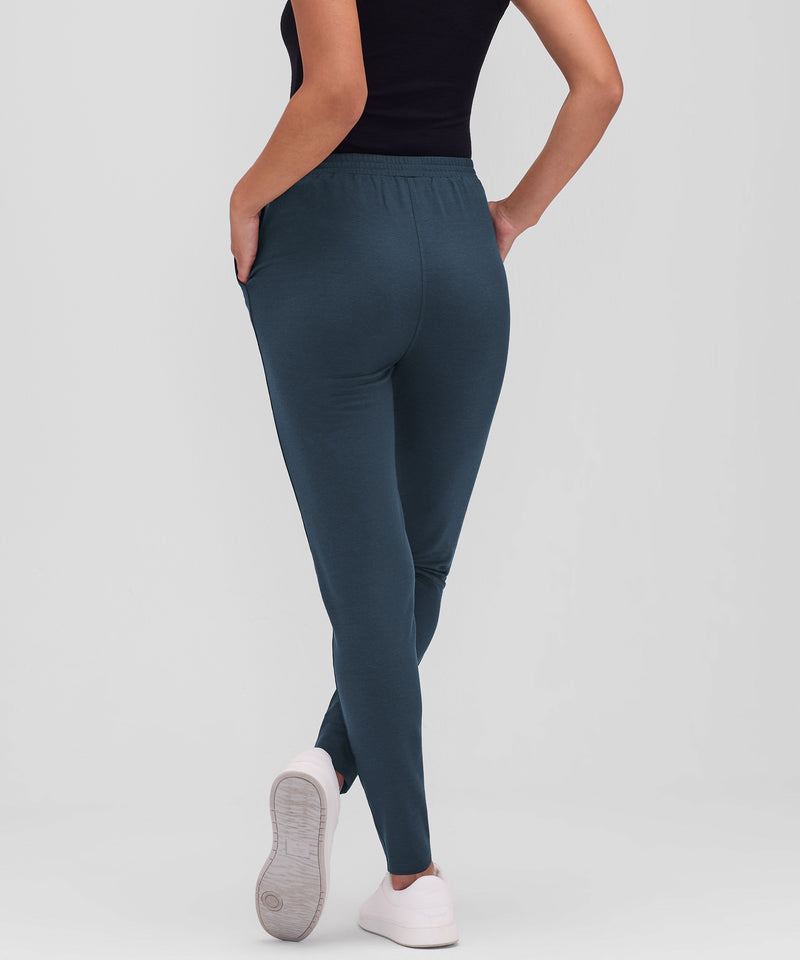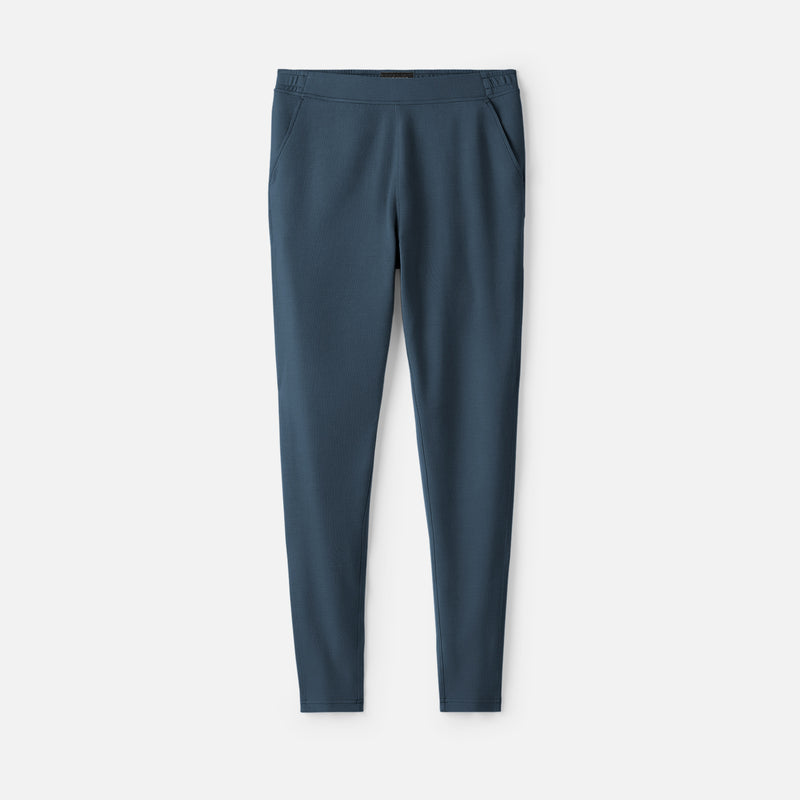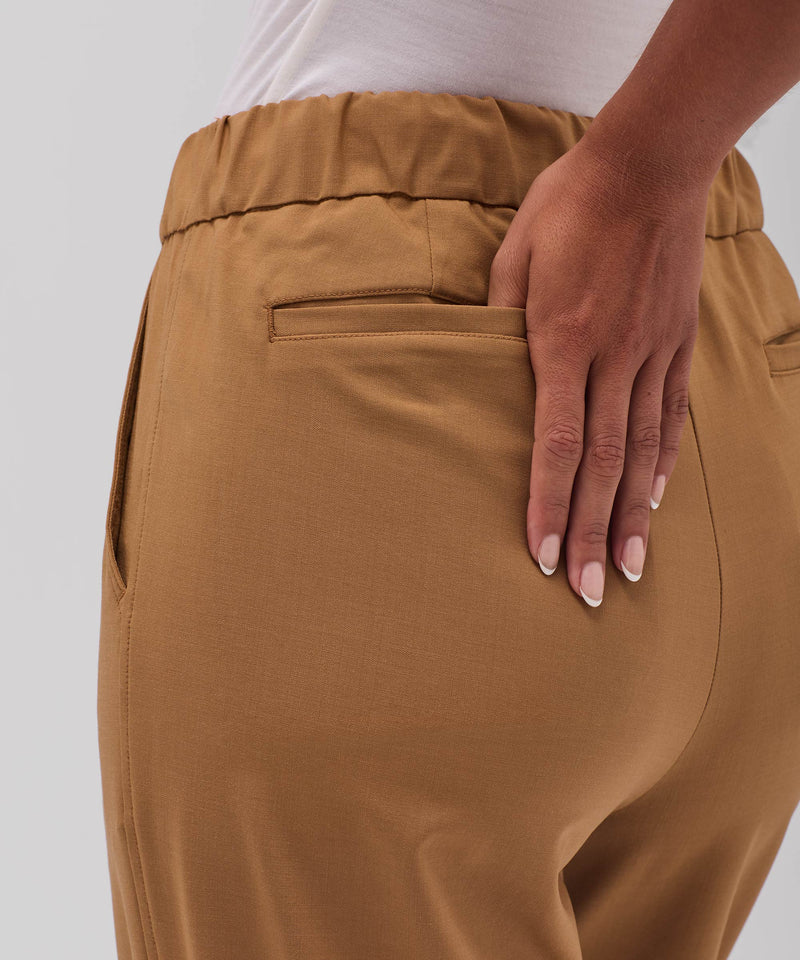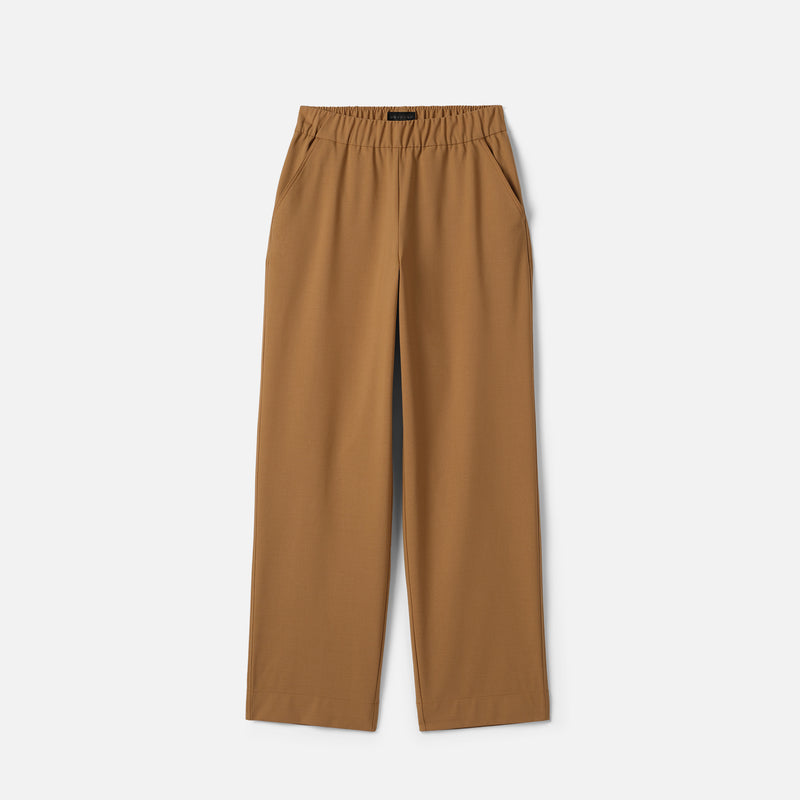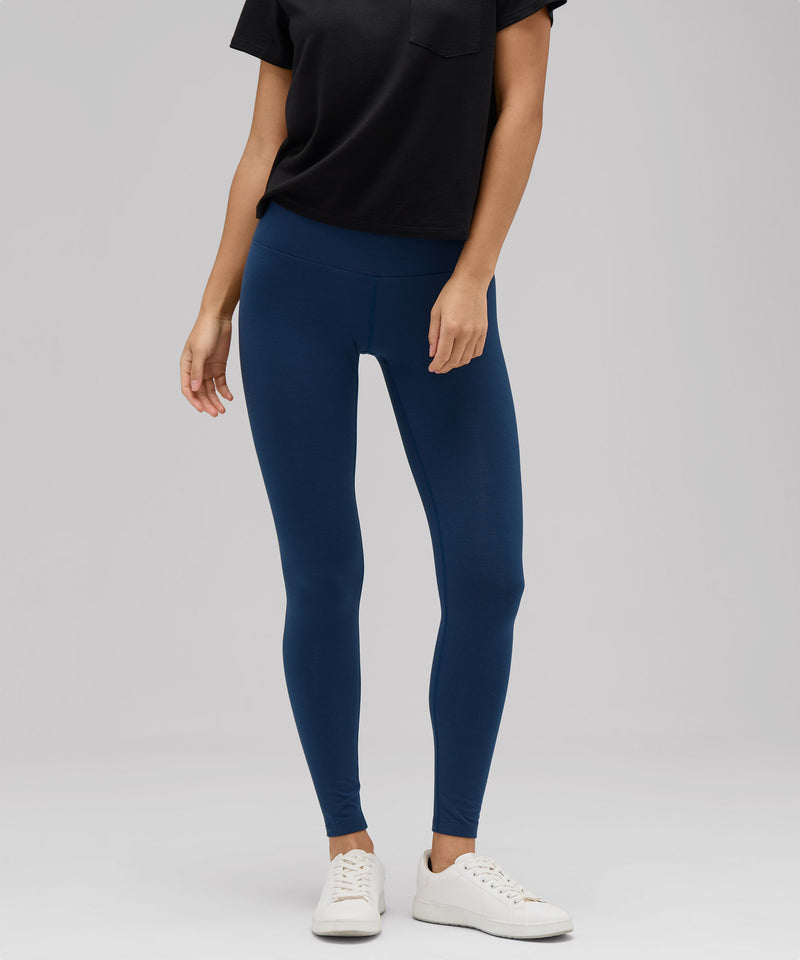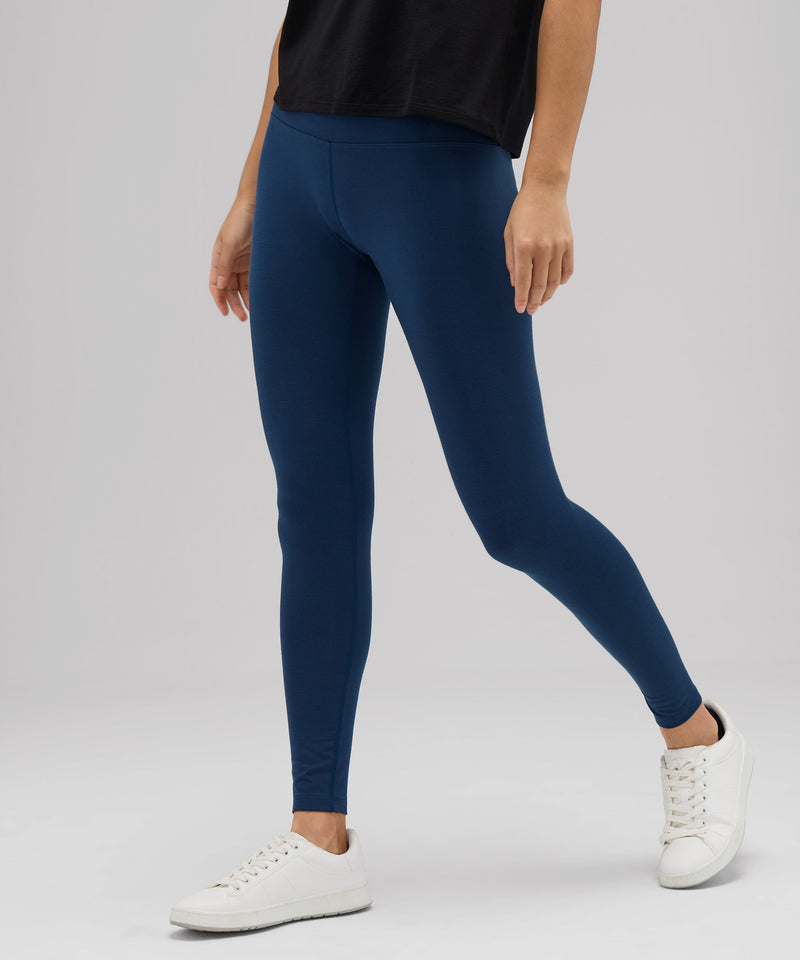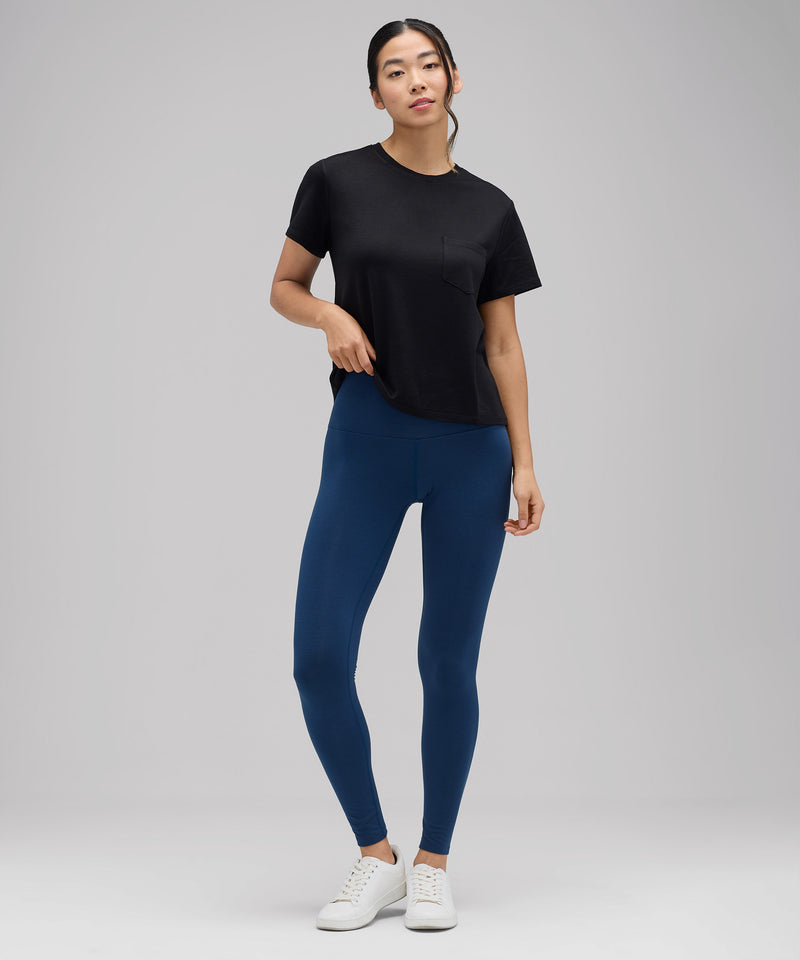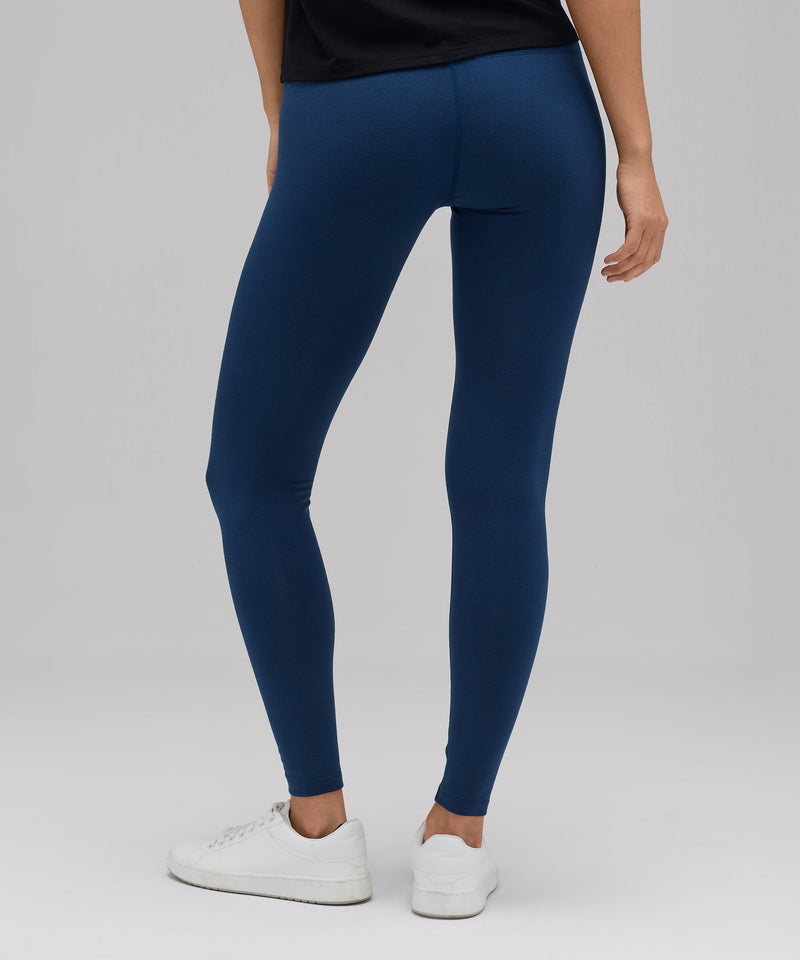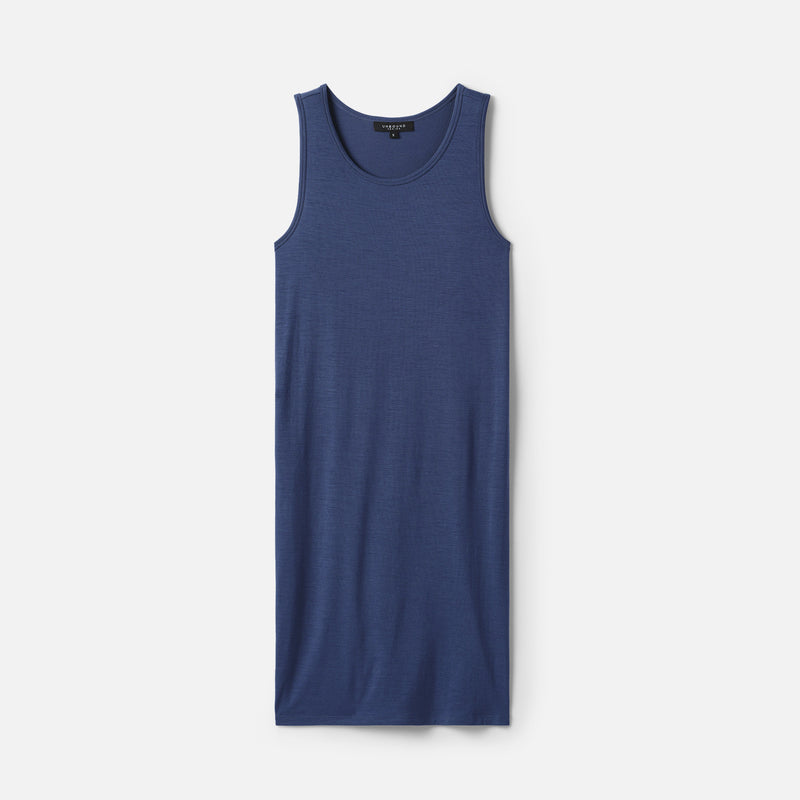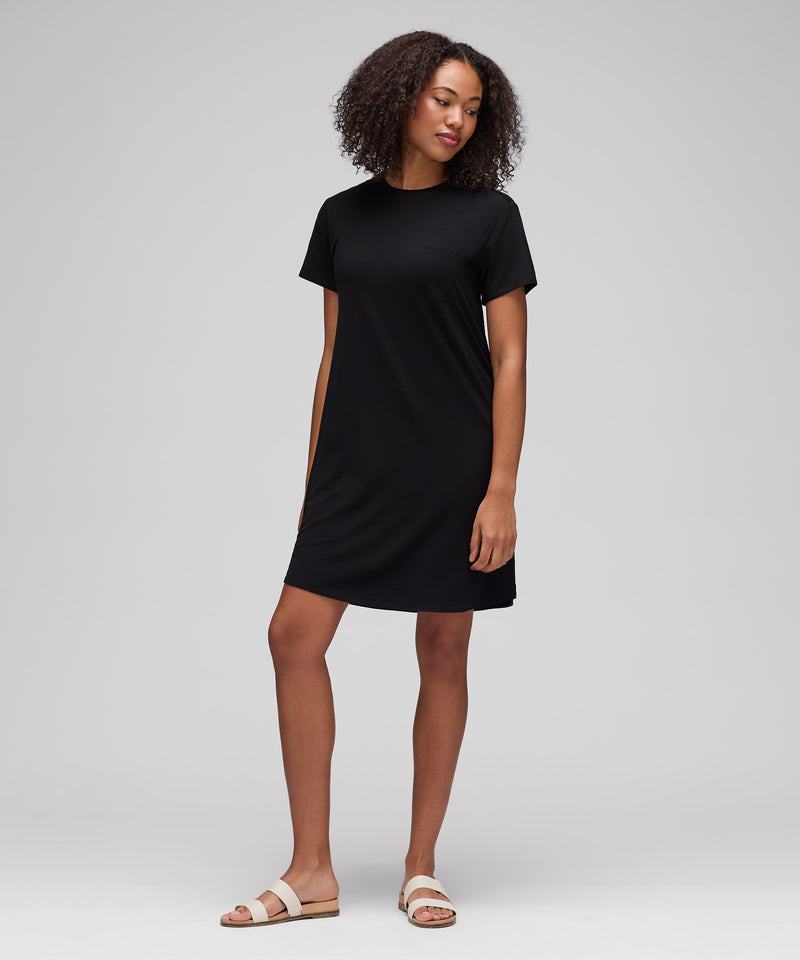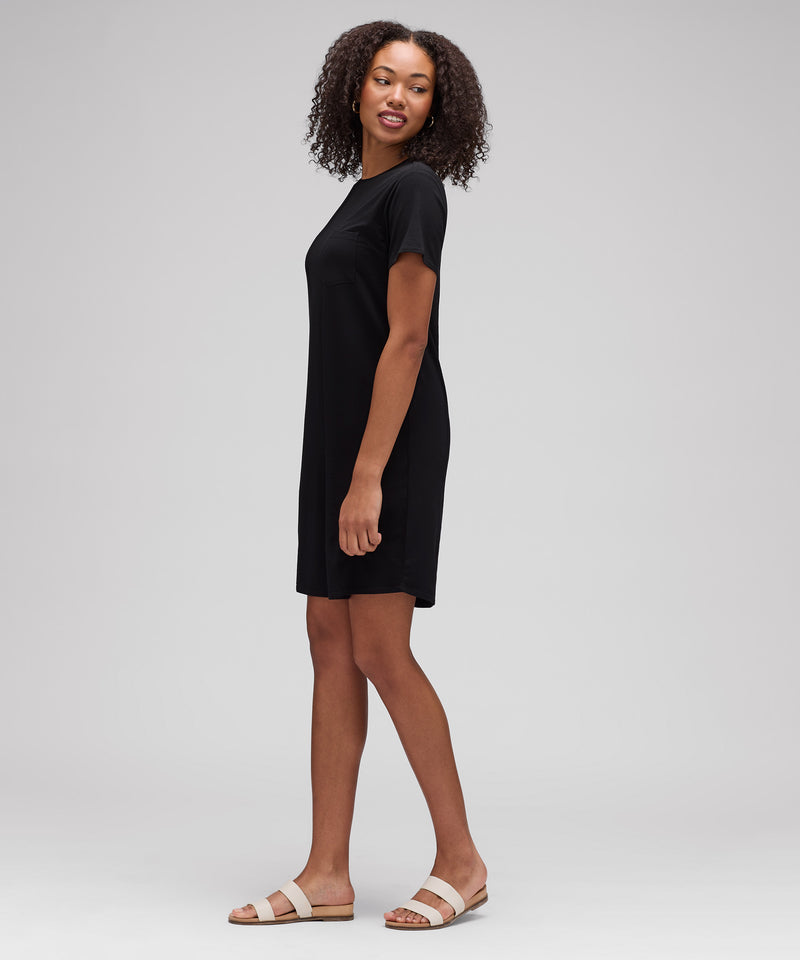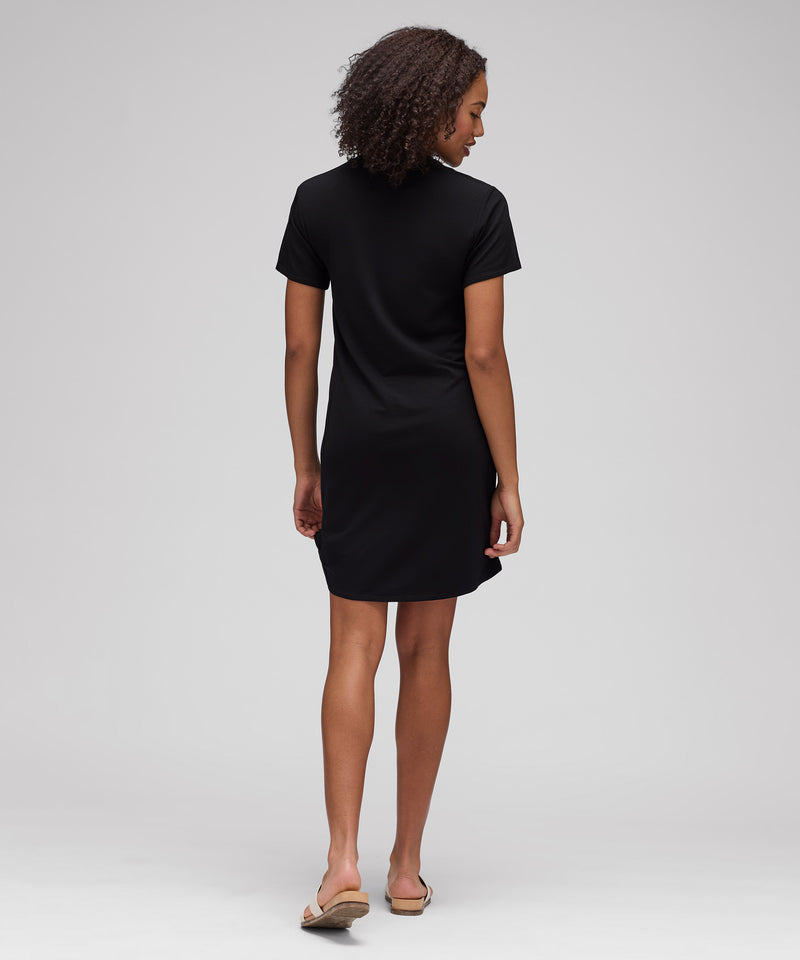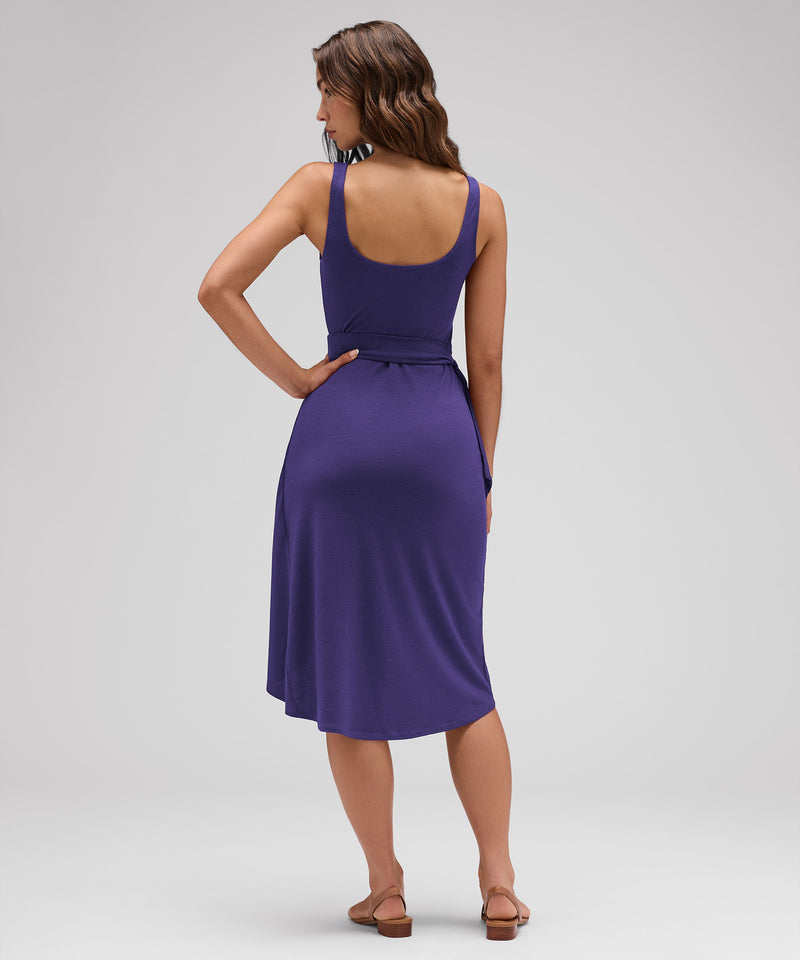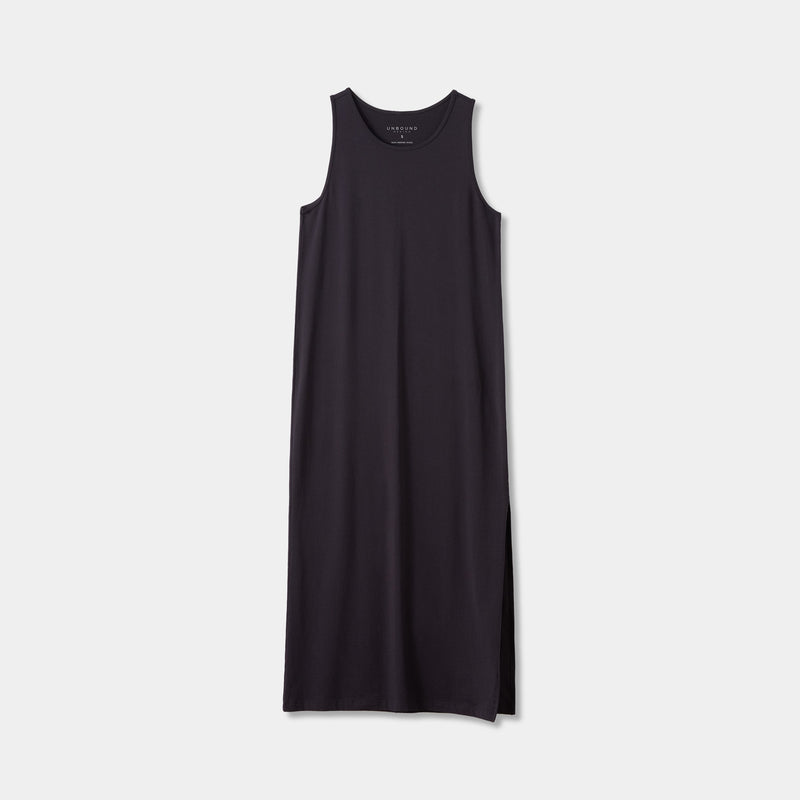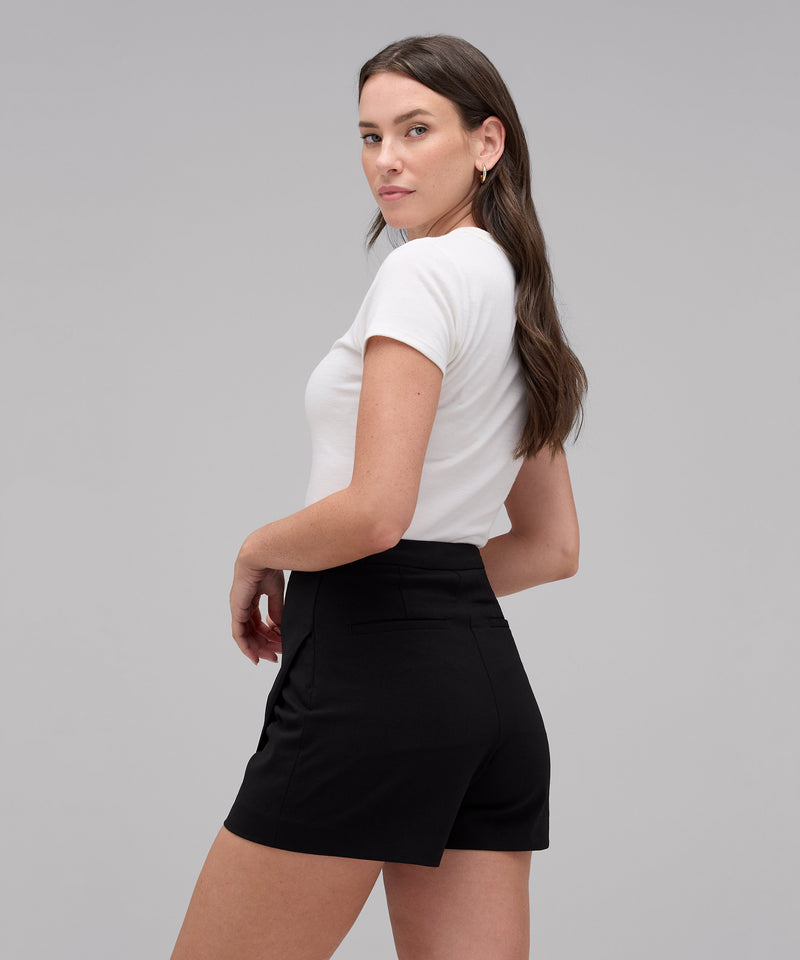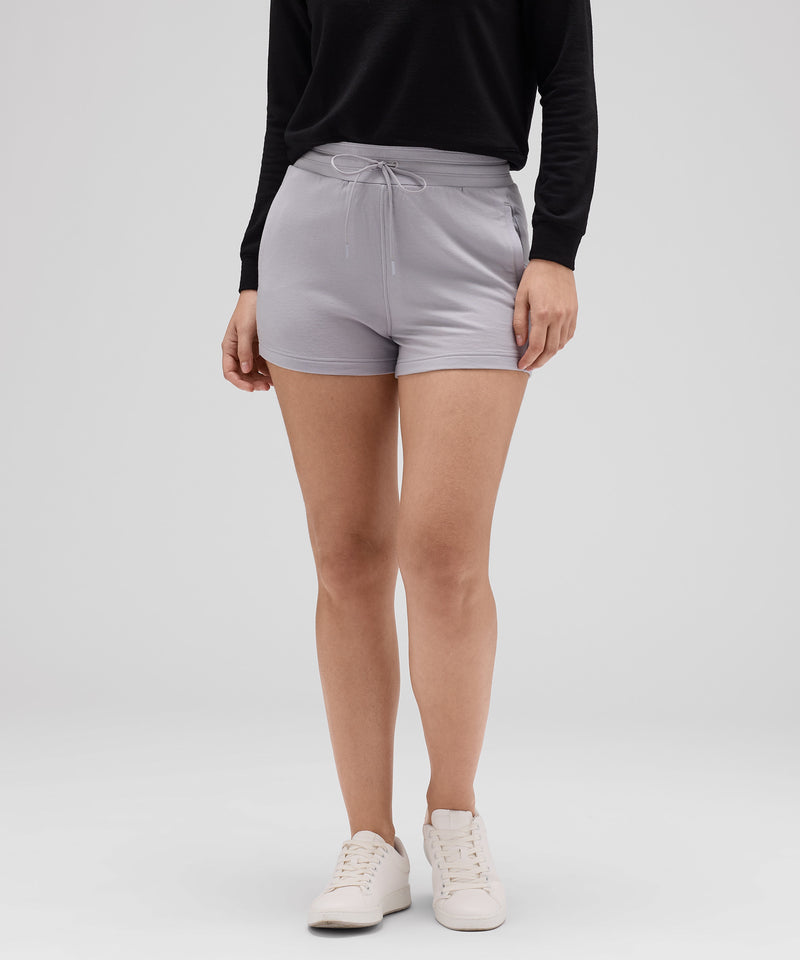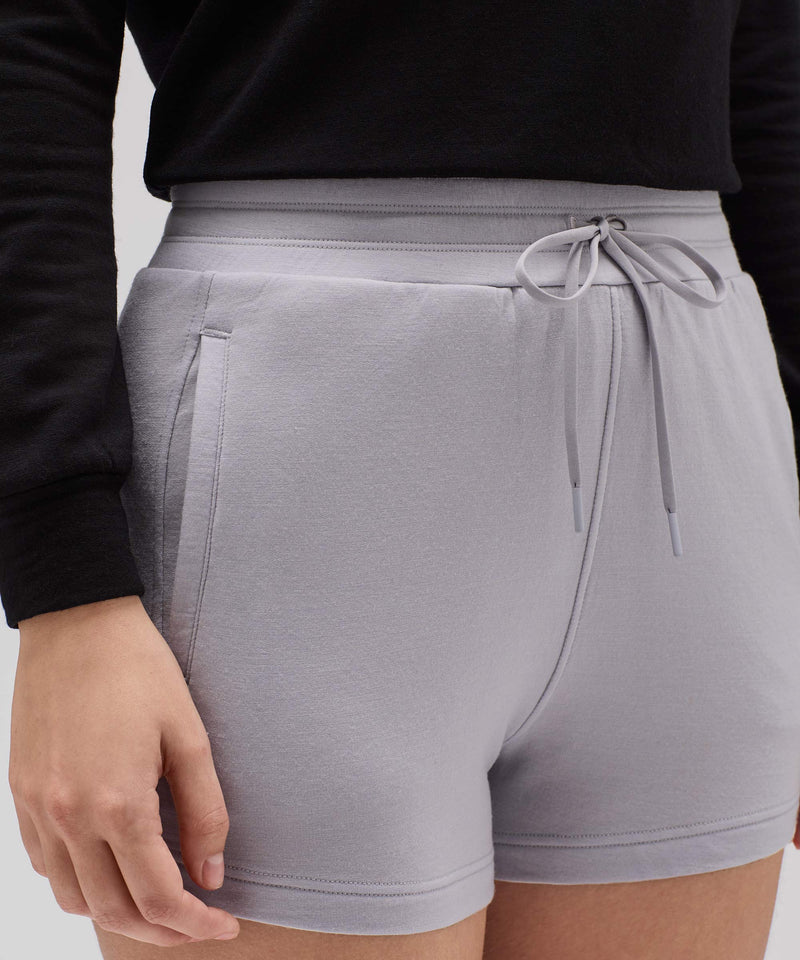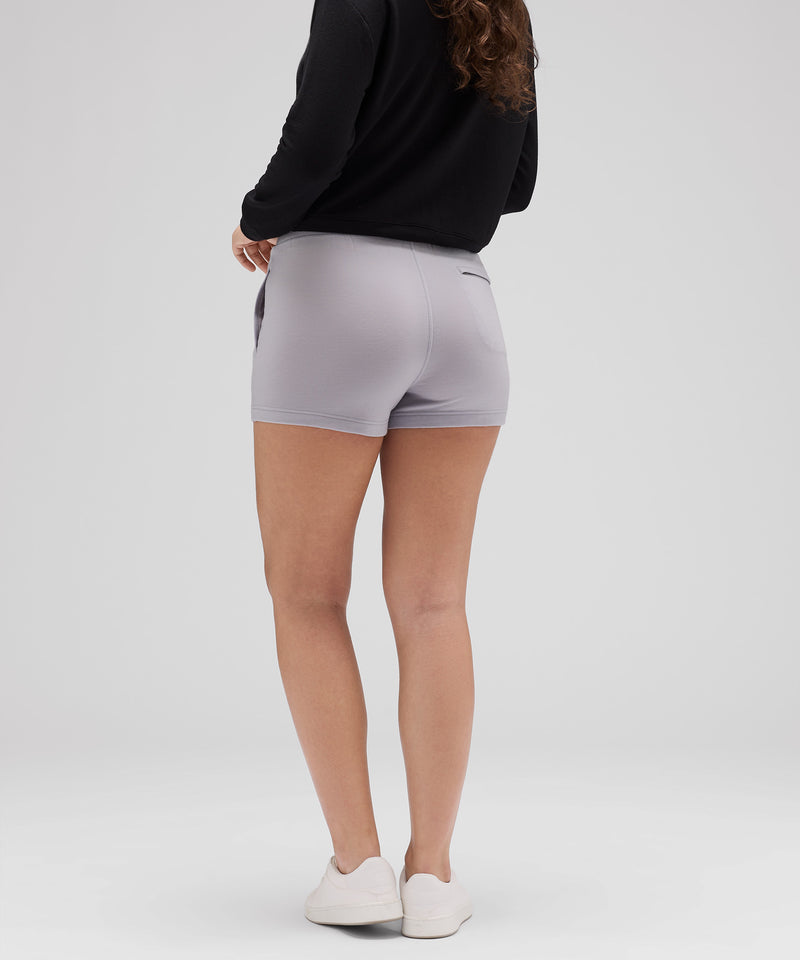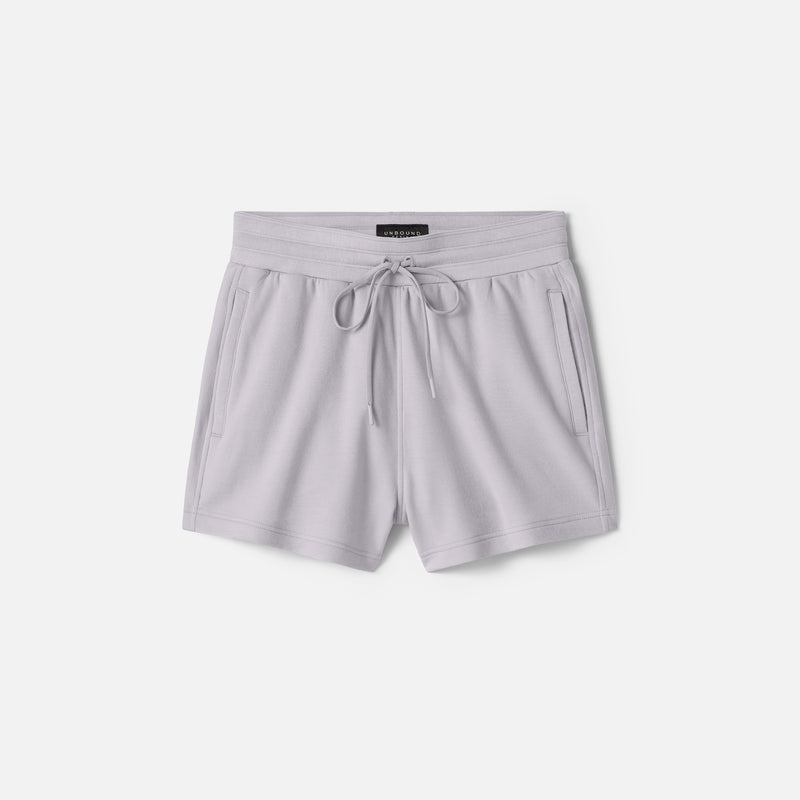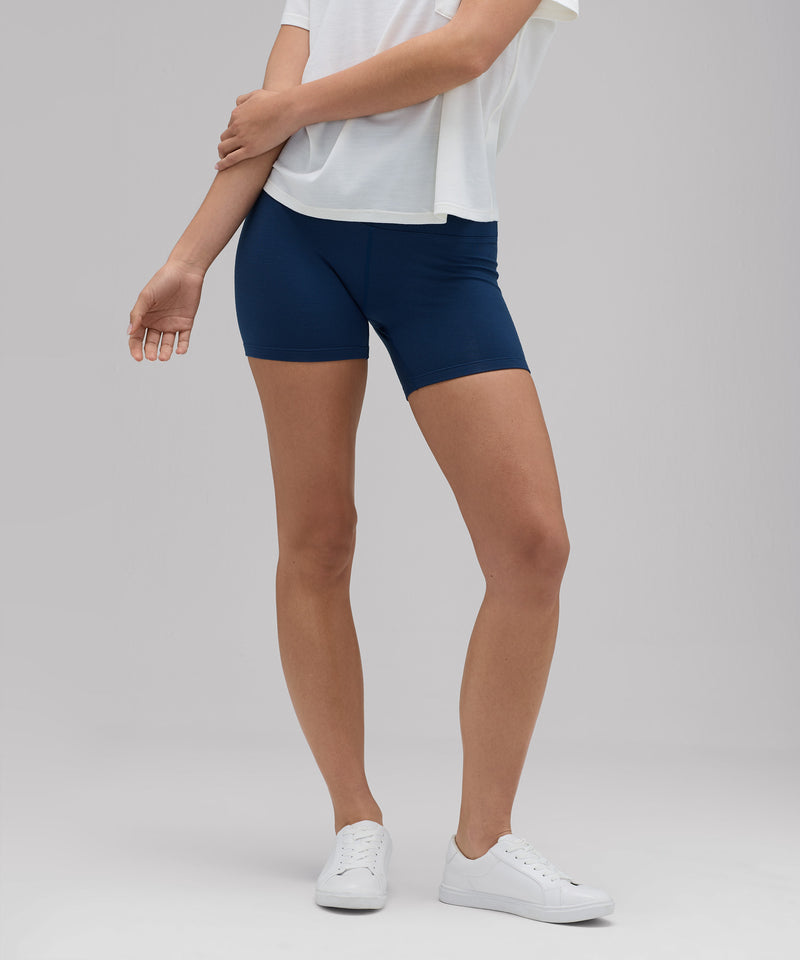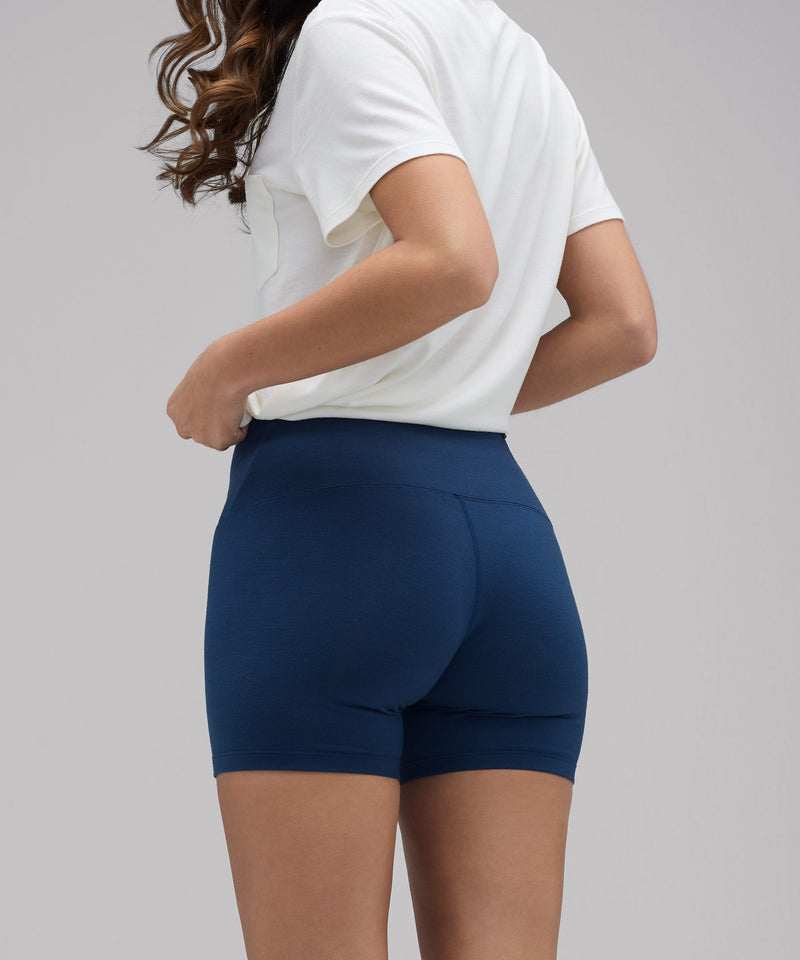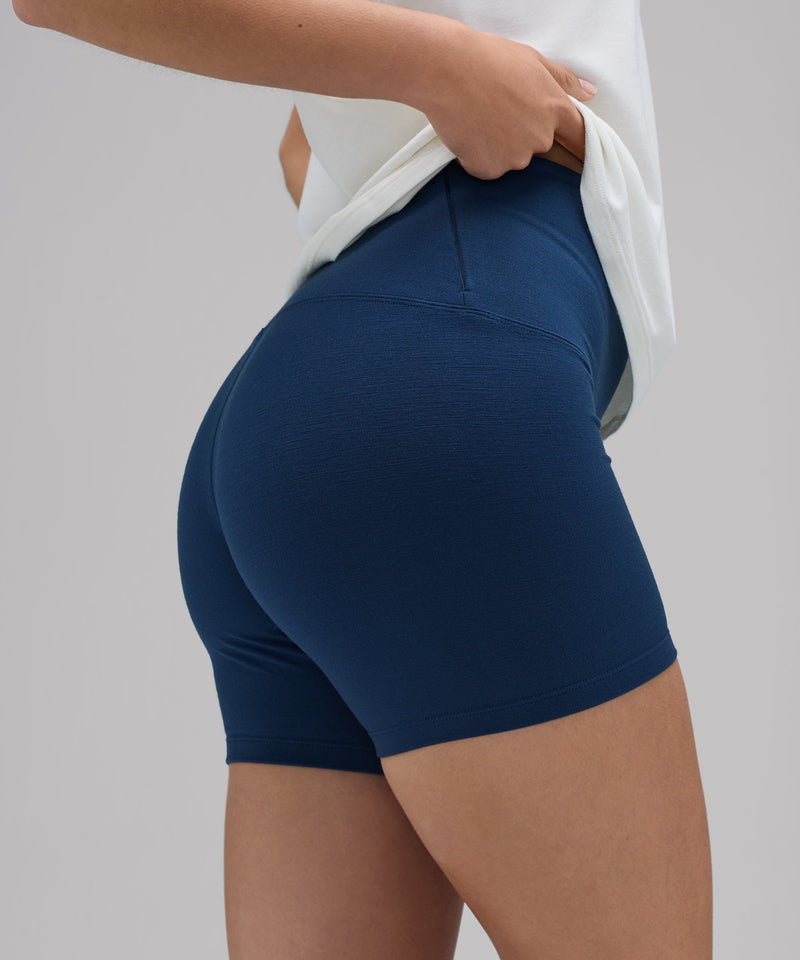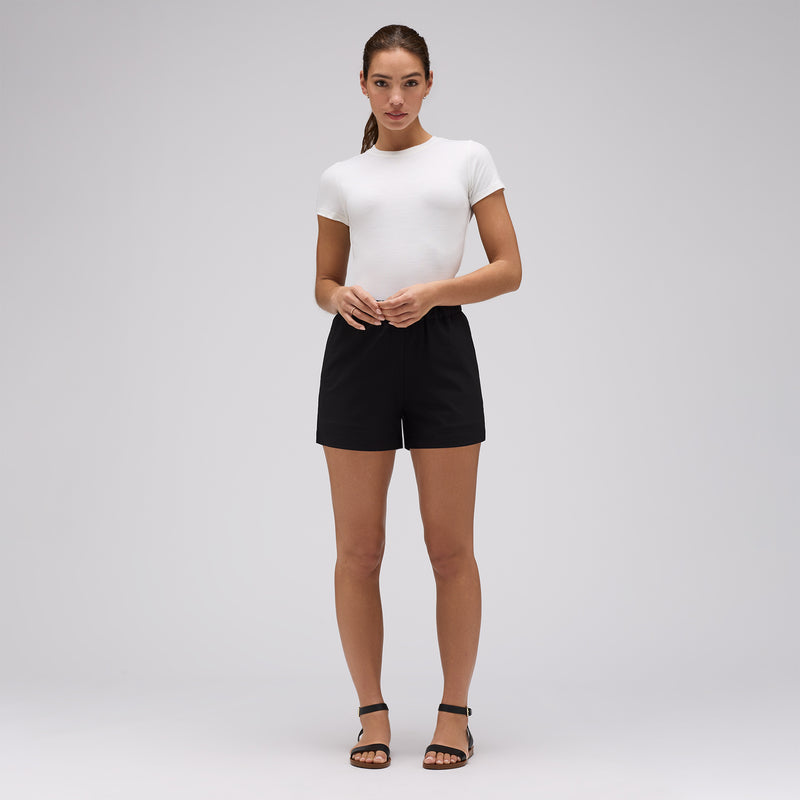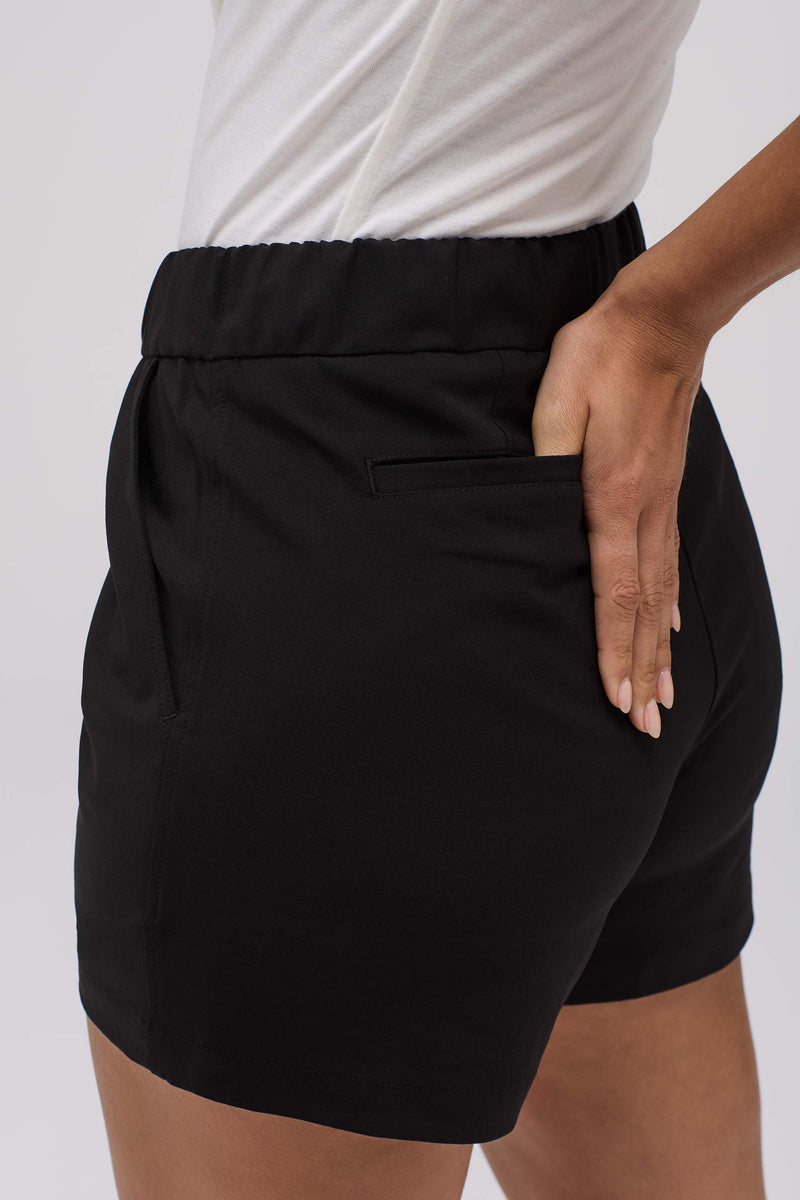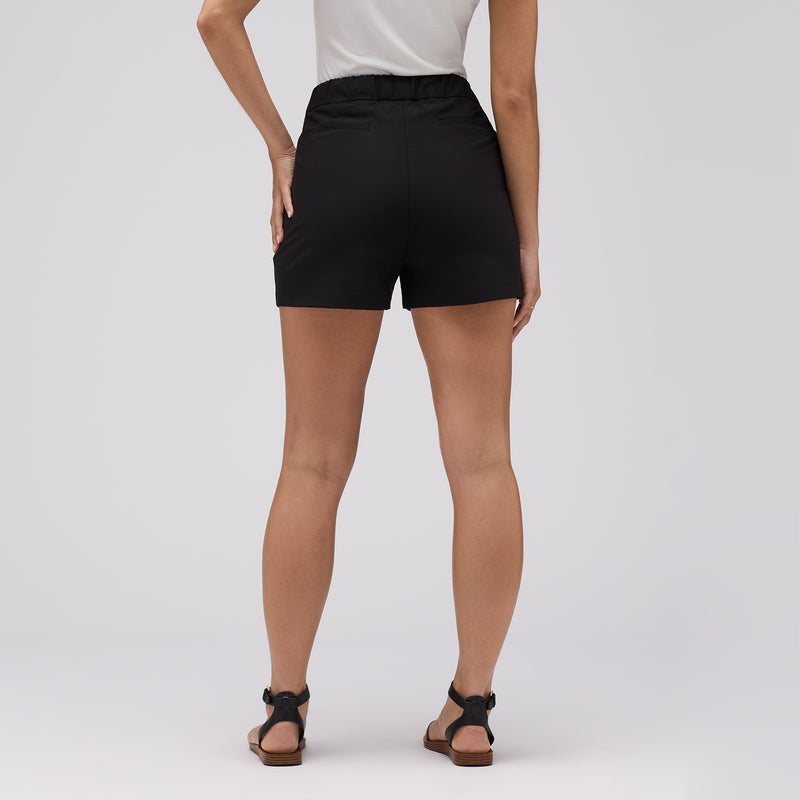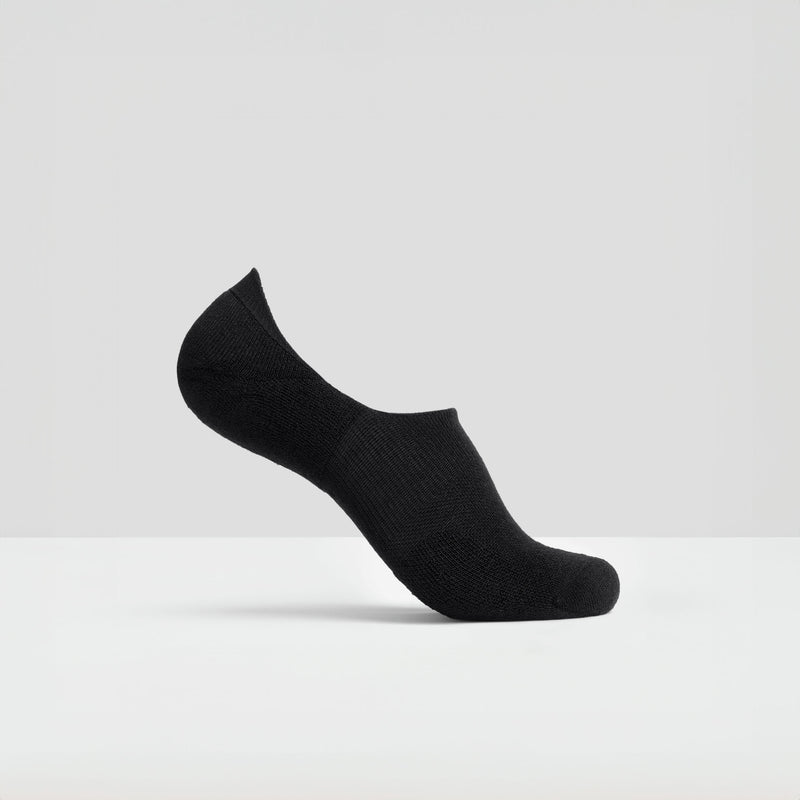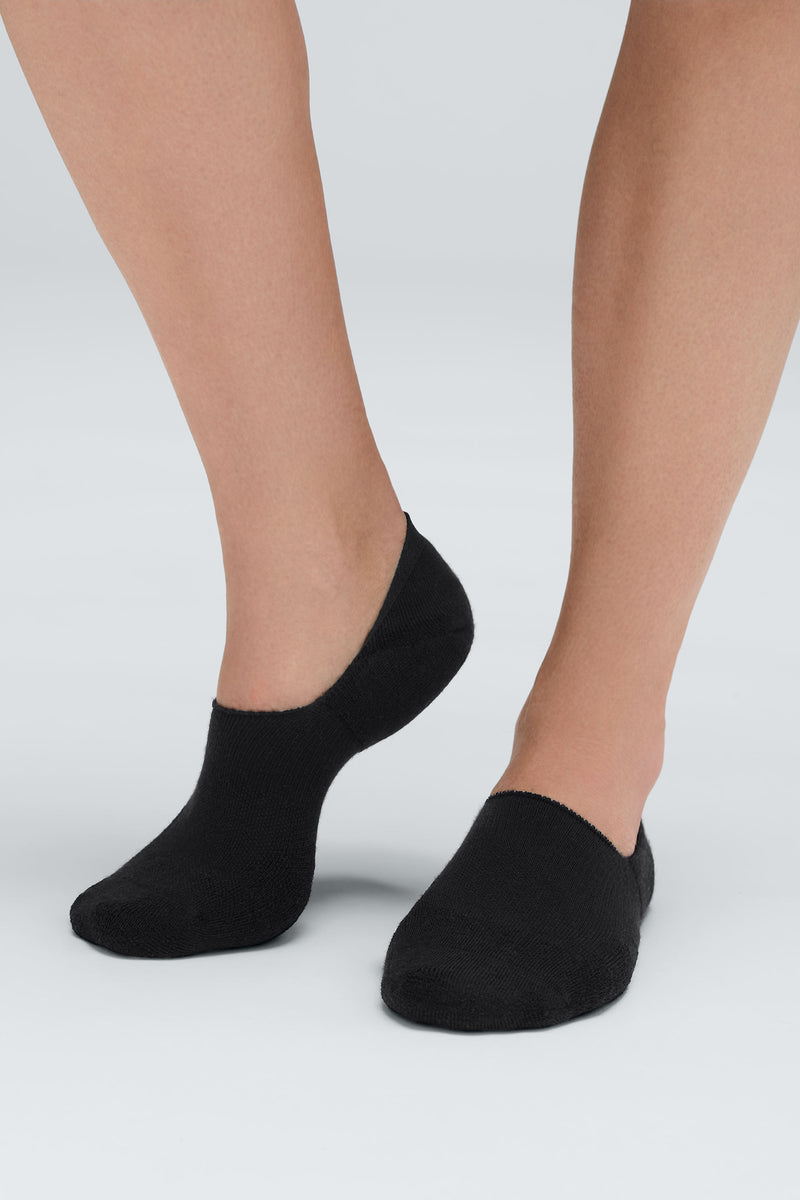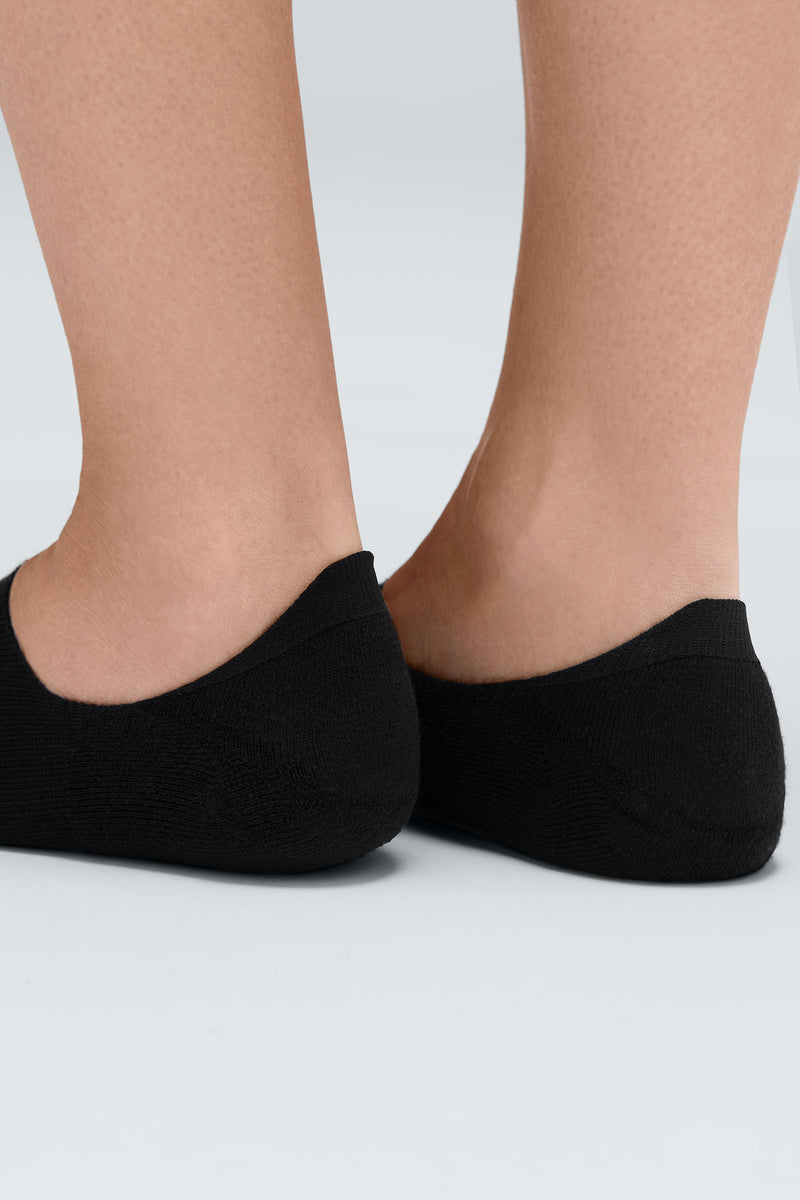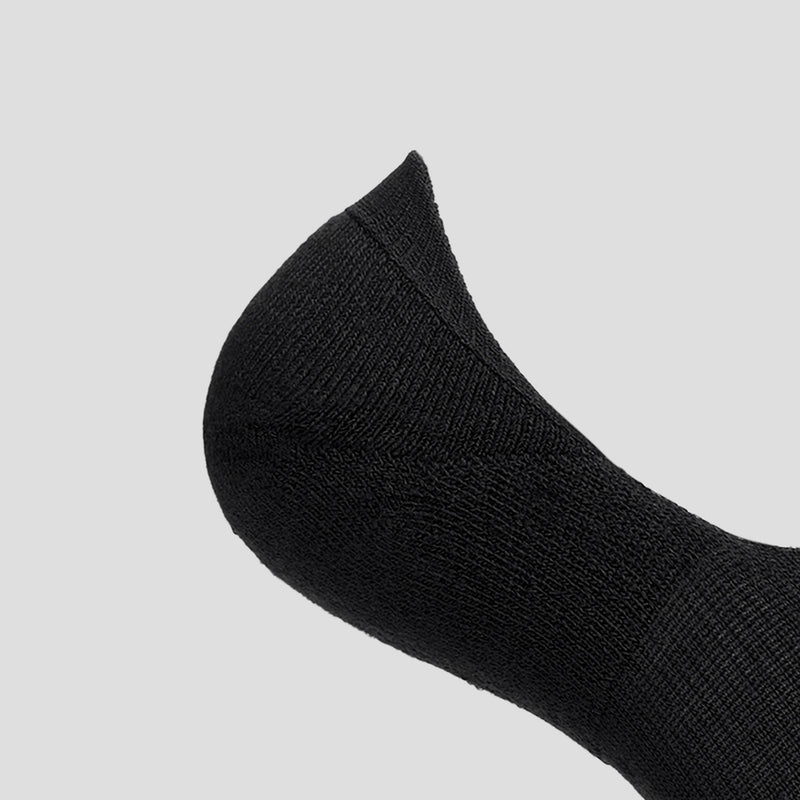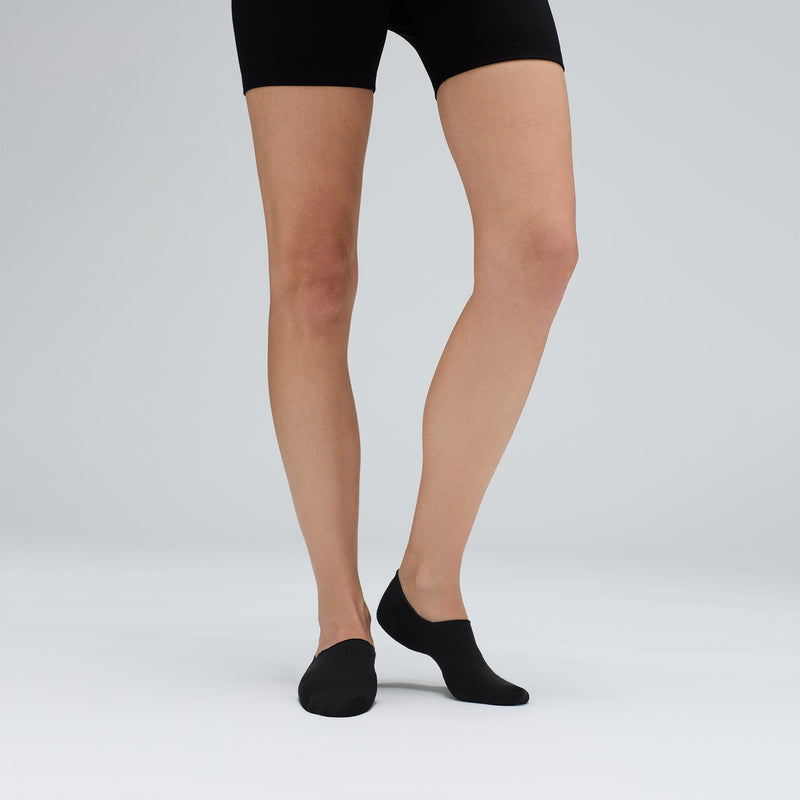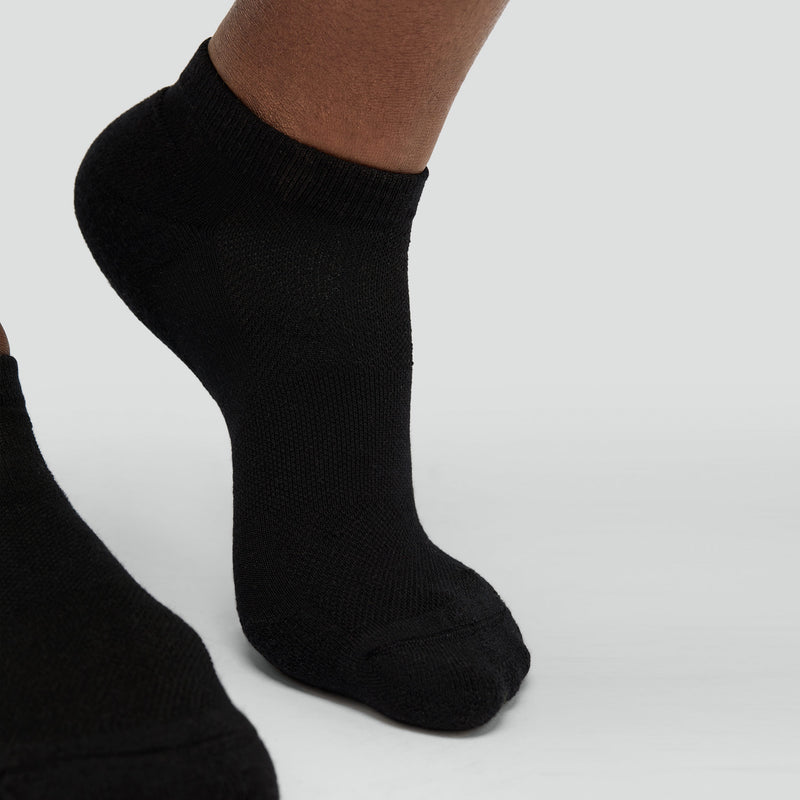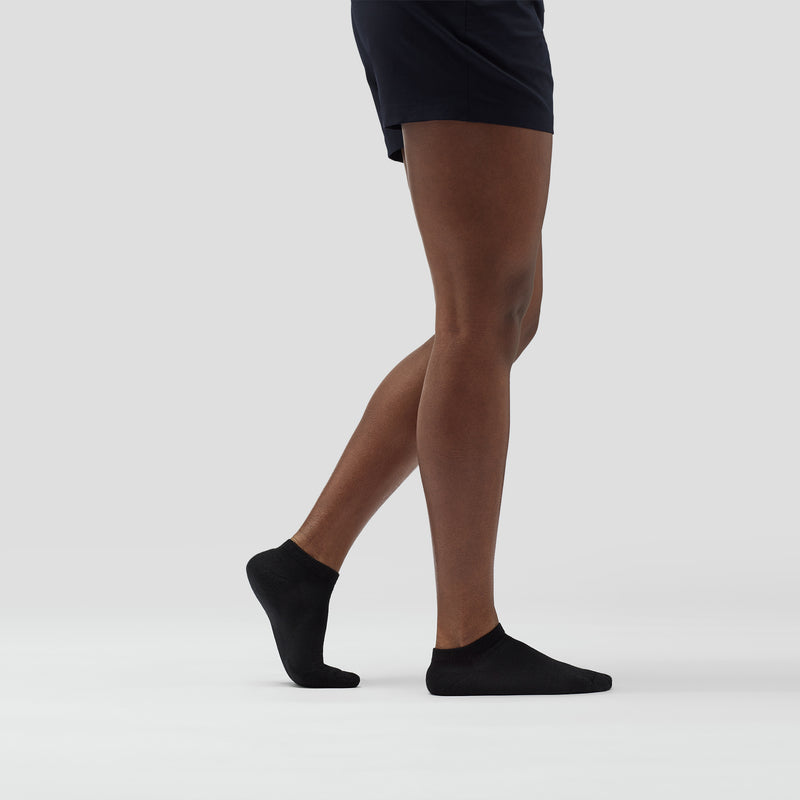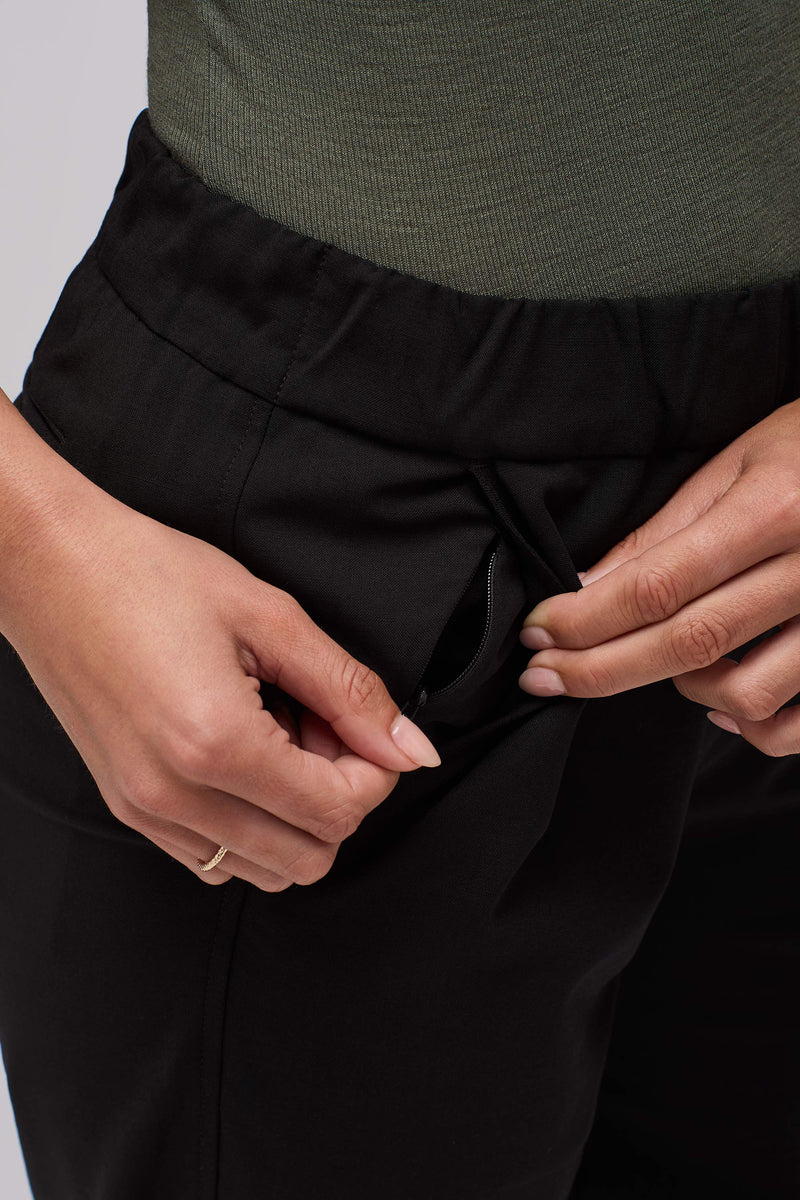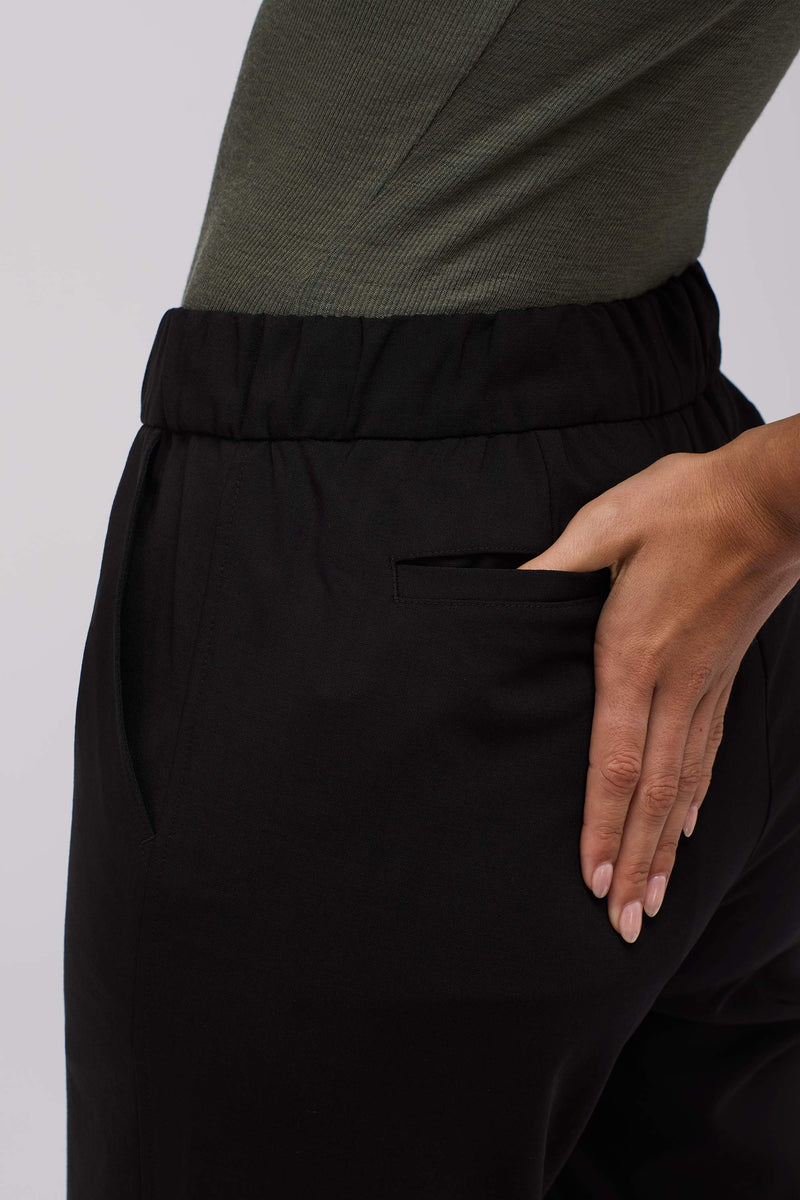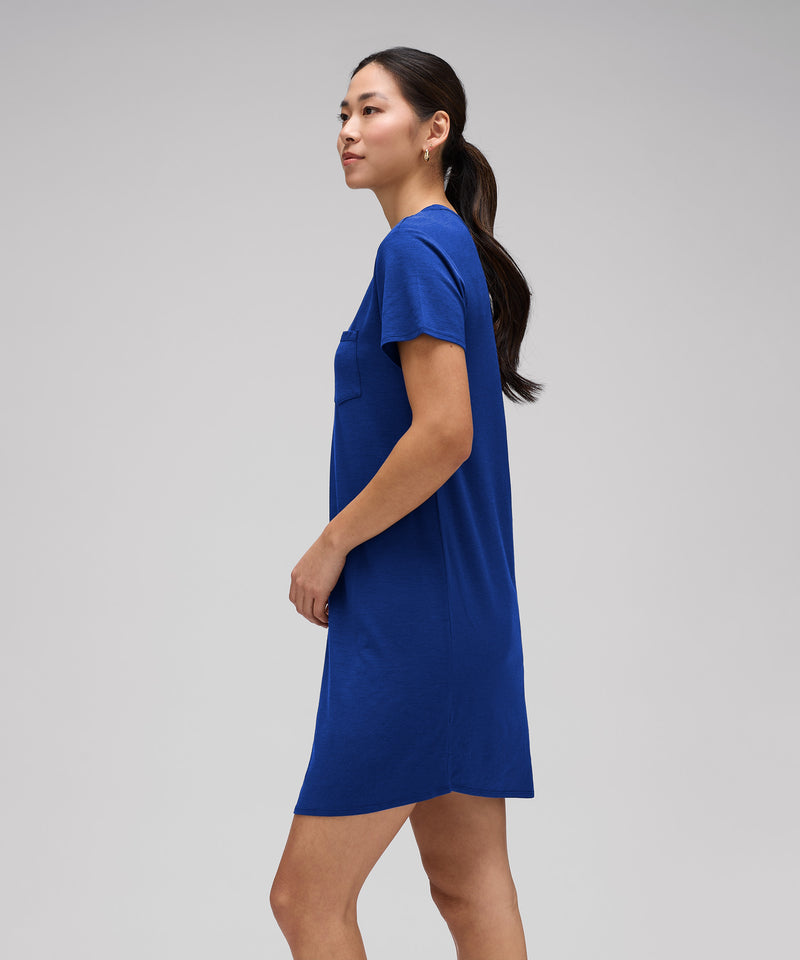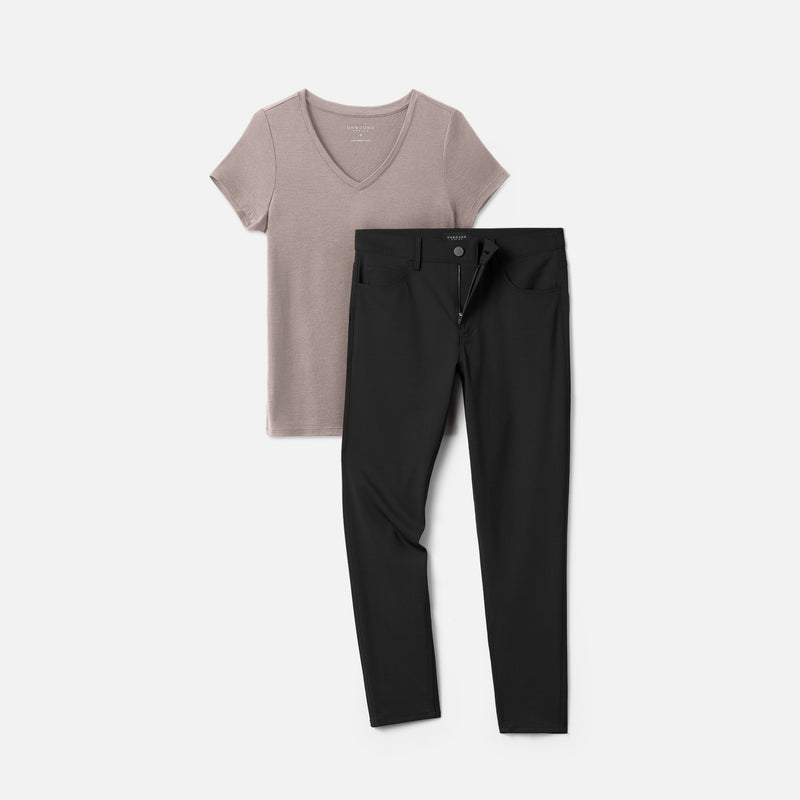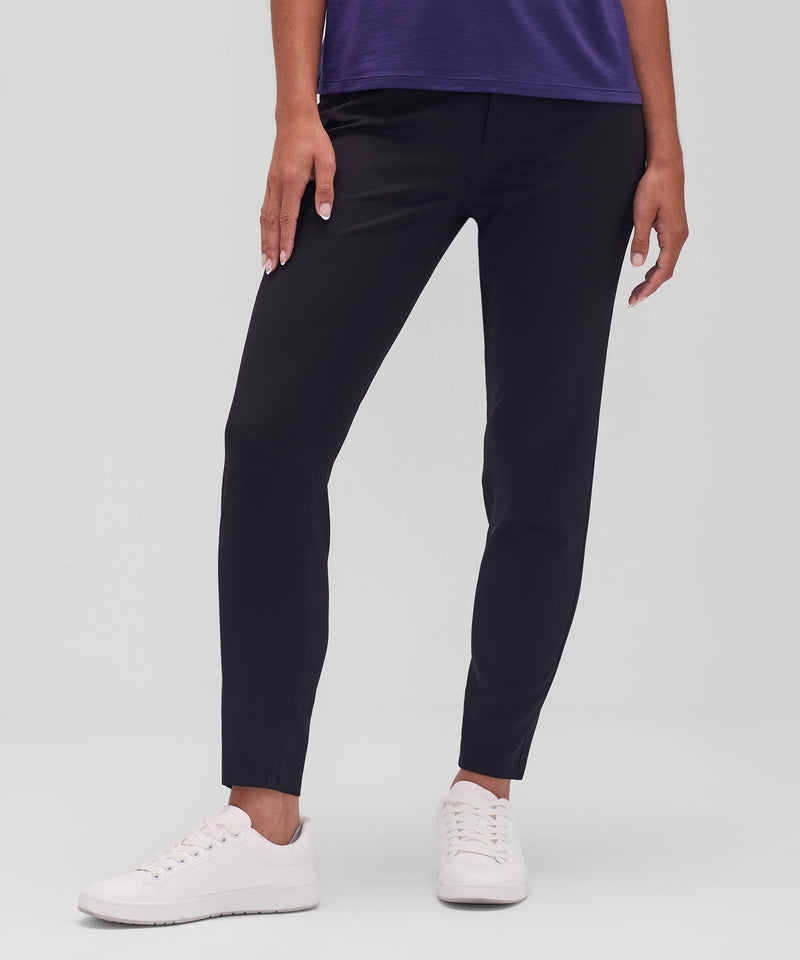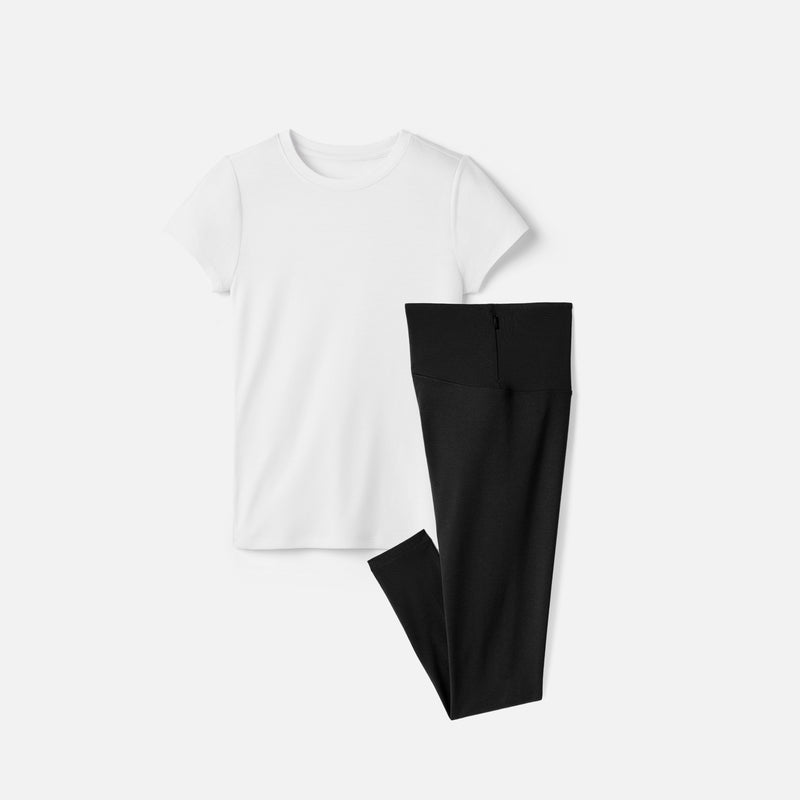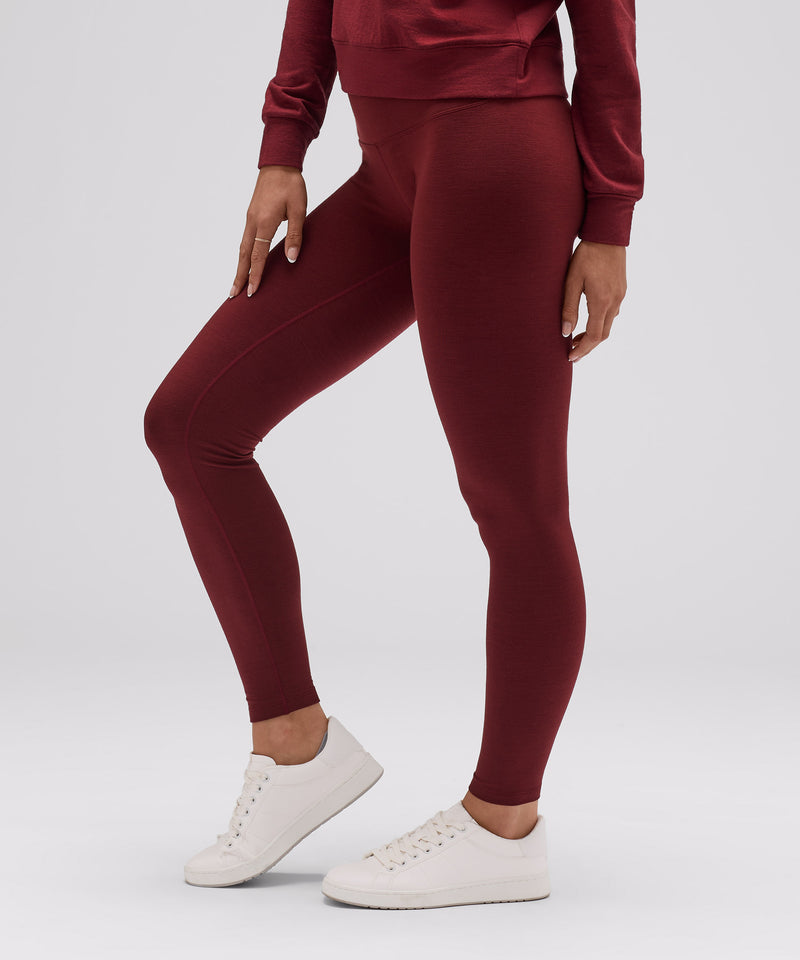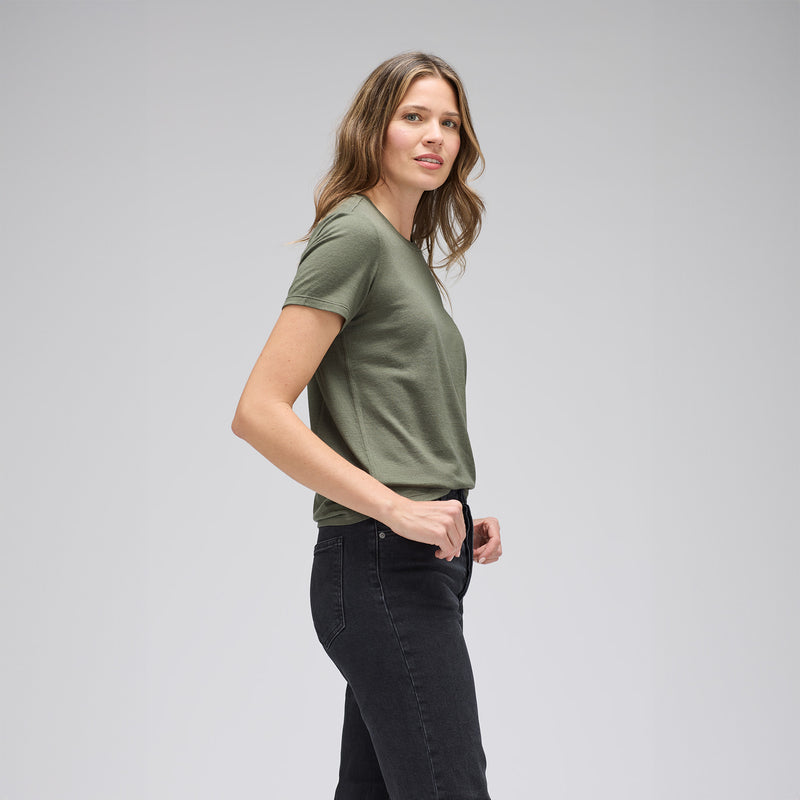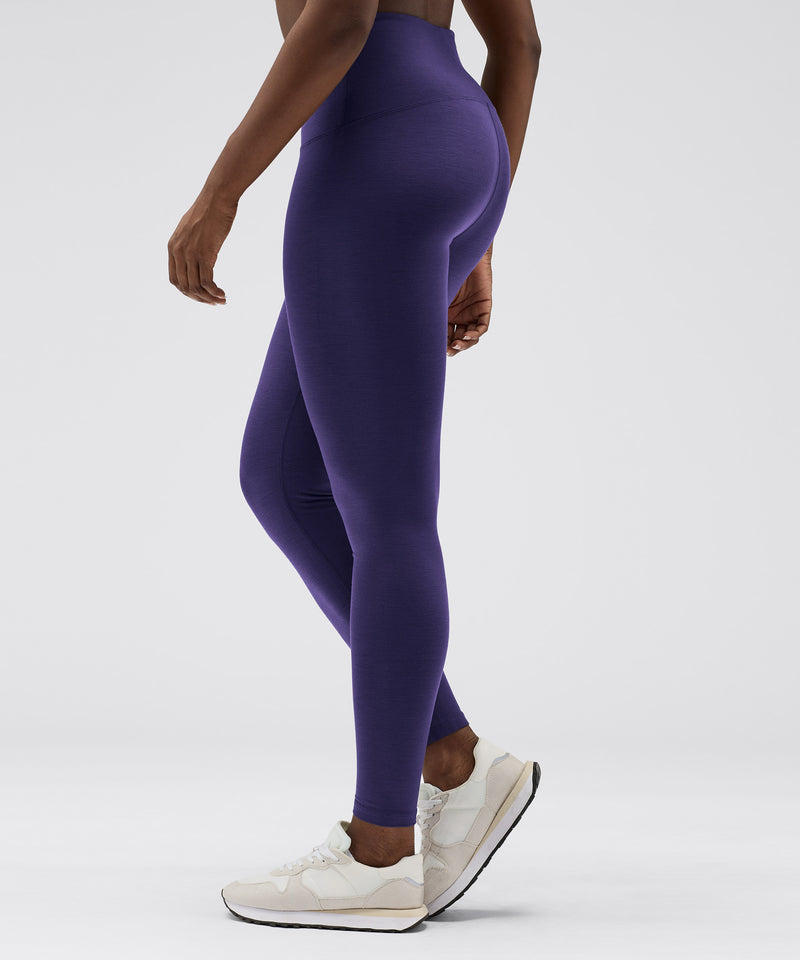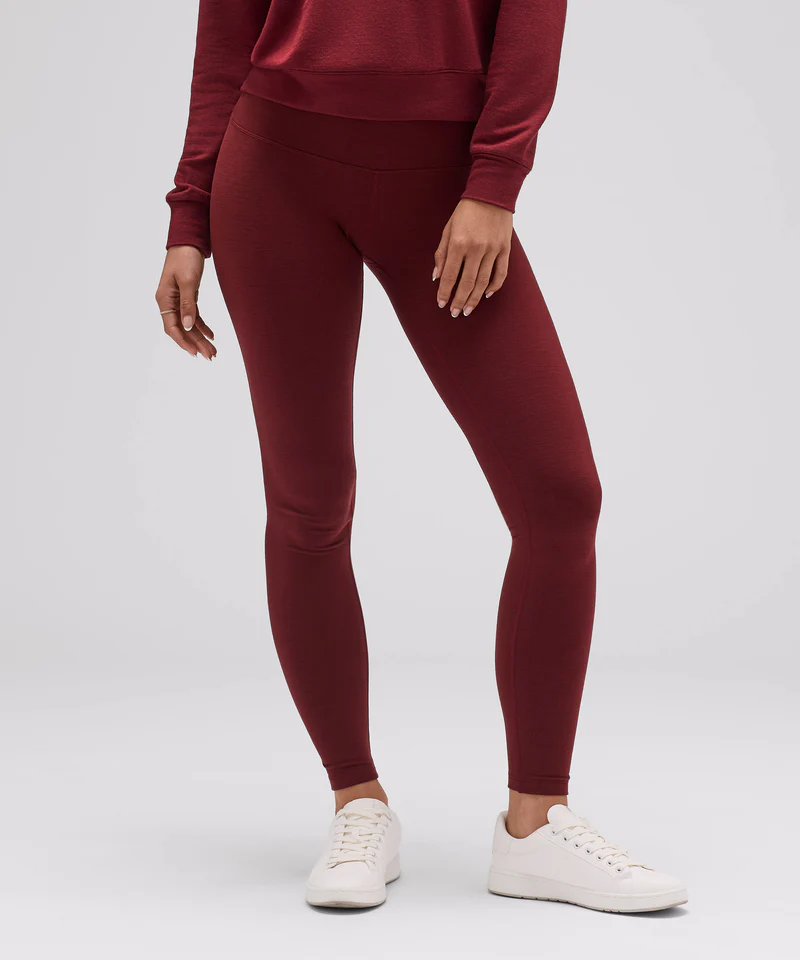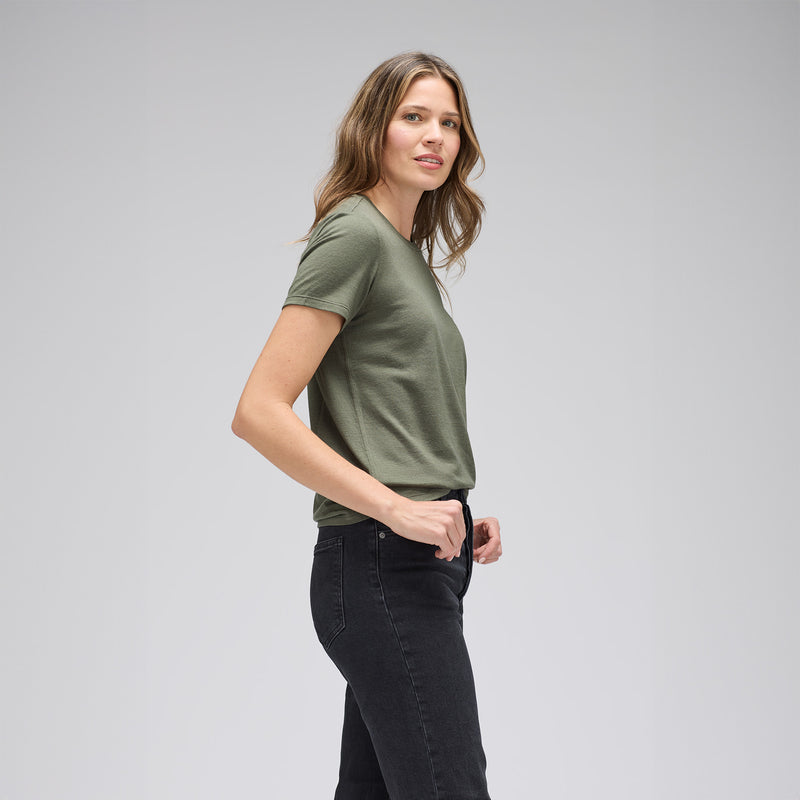People & Places
Post COVID-19: How Will Travel Change?
Updated: June 21, 2020
If you’re anything like the rest of us, you’re restless right now. Being indoors – while necessary for our safety and the safety of those around us – can really make you develop a travel itch. As we fondly look back on the trips we took prior to this global shake-up, it’s natural to ask the question: will travel change after all this?
The answer, unfortunately, is not so straightforward. Without a crystal ball, experts are left to speculate according to current trends, forecasted restrictions and reasonable deductions. As we’ve been reminded throughout the COVID-19 pandemic, this is a quickly changing situation – what’s true this week may not be the case next week.
We’re willing to give it a try, though. With information and predictions culled from a variety of sources, in this post we want to illustrate, in as sharp detail as we can, what the post-COVID travel landscape will look like. When can we travel again? What effect will the pandemic have on travel habits? What will the flying experience look like? And will moving freely abroad be quite the same as before?
For right now, you may have to wear your merino wool travel clothing around the house, but hopefully this article can give you some indication – perhaps even hope – about when and how you can take those super comfortable options on the road again!
What Happened?
For all those under-a-rock dwellers, let’s begin with what happened. The SARS-CoV-2 virus (or COVID-19, as it’s widely labelled) first appeared on the public radar in December 2019. In all likelihood, it was first spread from a wet market in Wuhan, before moving globally.
Alarmed by the extent of the spread, as well as the perceived inaction of governments worldwide, on March 11th the World Health Organization (WHO) classified COVID-19 a pandemic. You can point to this decision as sparking both the overdue containment efforts and the collapse of the tourism industry. Governments worldwide closed borders and dissuaded (or outright forbid) non-essential travel.
According to Statista, the global tourism industry will see a roughly $300 billion loss from its original 2020 forecast, with a predicted loss of roughly 100 million jobs. It goes without saying, there’s no one to blame here; the loss was a result of efforts from scientific experts and government leaders making a coordinated effort to save lives. All the same, the loss is difficult.
Travel-lovers are right to be curious, however, about just how long the worldwide travel freeze will last, and what the nature of travel will be in the near future. For that, we turn to our forecast.

How Will Travel Change?
Probably the first thing many people will want to do, once lockdown measures are lifted, is get about as far away from their homes as humanly possible. The best antidote for being cooped up inside, after all, is to hit the open road. On this blog, we’ve offered our tips on how to make life at home easier – but when the time comes to leave home, what can you expect in terms of travel?
It’s prediction time. As mentioned above, we’ve used multiple sources, as well as our own reasoned opinion to illustrate when and how travel will change post-COVID-19.
The First Steps
The million-dollar question on every travel-lovers mind is: when can we travel again. The answer to this question is largely dependent on where you are, where you want to go and what your personal risk/reward analysis is concerning travel. As with many things related to COVID forecasting, there are differing answers from experts. Here are a few:
-
According to US director of the National Institute of Allergy and Infectious Diseases Anthony Fauci, summer travel “can be in the cards”. But he hastens to add, “I say that with some caution”.
-
Canada has stopped all flights between Canada and the US until at least June 21st (at time of writing). Air Canada’s vice president, Tim Strauss, says, “I think by Christmas you will see a significant amount of flying again”.
-
The US Travel Association’s chief Executive, Roger Dow, predicts that “Americans generally are going to stay home until next year” and that “Europe is done for American travelers”. Importantly, he didn’t say when travel would be permissible; he commented on when it would be common practice again.
-
Clayton Reid of MMGY Global – a leading travel industry analyst – predicts that travel will be back on the table within the year, but that we’ll see a rise in road trips instead of trips requiring air travel.
It’s important to note that permission and advice are not the same thing. Canadians, for instance, can travel, but the government is urging no non-essential travel. There’s no one holding you back right now, but you definitely shouldn’t do it. The change, therefore, will be to advice, not permission. When can we travel safely, responsibly and with the health advisory’s blessing?
It’s a question not just on travelers’ minds, but remote workers as well, as they wait to hear when their life-on-the-road can resume as normal. We’re unsure, but in the meantime we can point you to our guide to working remotely – it may not be able to foretell the future, but it can help you improve your present.
If all of that seems like a muddy answer to the very clear question, it’s because no one really knows what’s going to happen. There are things we can reasonably predict, though, such as how the nature of travel will be impacted.
Let’s take a look…
People Will Travel for the Great Outdoors
Given the option between a raucous, densely packed city or a wide-open, panoramic view of nature, it’s fair to assume that Post-COVID travelers will probably choose the latter. Expect to see a disproportionate amount of nature travel, with many jetsetters avoid densely populated urban areas.
Once travel reopens but before a vaccine arrives, people will be justifiably “crowd-phobic”. They will still want to scratch that travel itch, they just might not want to do in close proximity to strangers.

People Will Travel with Friends and Family
For months, the only contact you’ve had with your closest friends and family has been through the dreamy lens of a webcam. Everyone currently under lockdown is looking forward to the day when they can laugh, move and party with those closest to them. When the time for acceptable travel comes, do you think people will be taking solo trips? Probably not.
Expect to see the rise of the group trip. Domestic units – whether that’s one person, a couple or a family – will probably use travel as an excuse to extend their unit and cavort with others. Expect these group trips to be fairly insular, as well. Until a vaccine arrives, the days of meeting strangers at a guesthouse abroad might be on hold.
People Will Take that Dream Vacation
Another phenomenon you can expect is the “Long Overdue Dream Vacation”. In the before times, we could always put off that big dream vacation by saying, “oh, there’s no rush, I can do it next year”. But this pandemic has made one thing very clear: you should seize opportunities when you get them, because you never know what’s going to happen.
Once it’s appropriate to travel internationally, people are going to be pulling up their bucket lists, pen in hand, eager to cross off items. To kickstart your planning, be sure to check out our series of “Bucket List Trips” on the blog, and in order to ensure an ethical, responsible trip, check out our travel tips for 2020 at the link.
Expect to Pay Less for Flights… Initially
When official advice pivots to allow for non-essential travel, we don’t think everyone will be on board. Perhaps worried that travel is too reckless, or perhaps worried of personally exposing themselves to the virus, a lot of people will still opt to stay home.
What that will likely mean is that, at least at first, airlines will be working to entice on-the-fence travelers. There’s no better way to do that than with a low price. Aviation consultant Robert W. Mann Jr., speaking with Forbes, predicts that the first intrepid round of travelers willing to brave international travel will pay a low price for their airfare.
Once others see that those travelers have come back home happy and healthy, that’s when the flight costs will climb back to normal. It’s the age-old balance of supply and demand.
But Be Prepared for More Small Charges
It’s been going this way for a while now – instead of the all-inclusive fare we remember from 15 years ago, airlines are starting to levy separate charges for little things like drinks, meals, baggage and extra seat space. But according to Volodymyr Bilotkach, professor and author of The Economics of Airlines, COVID-19 may cause that trend to accelerate.
Speaking with Bloomberg, he predicts that many Asian airlines, some of the last holdouts in the all-inclusive model, will begin to charge for separate components of the airline experience. You can expect airlines worldwide to follow suit, as they attempt to widen their profit margins and make up for the enormous blow the pandemic has caused.

The Airplane Experience Won’t Be the Same
This should come as no surprise: those packed flights we remember are going to look a little different. At least until a vaccine is developed and widely distributed, airlines will have to abide by physical distancing rules, which will mean that, on any given flights, a third or more of the seats will remain unoccupied.
You can also expect hand sanitizer to be available throughout the airport as well as on the plane, and for masks to be encouraged – if not compulsory. And those high-touch surfaces like the armrest, tray table, seatbelt and bathroom amenities will perpetually smell of sanitizer (which is a good thing).
You can still remain comfortable on the flight, however. Just be sure to pick up one of our soft, breathable merino wool clothing packs before you head out. They include underwear, socks and shirts you'll love – all you have to do is supply the mask.
Testing and Certification May Become the Norm
It’s unclear just what measures airports will take in allowing or disallowing passengers. Some speculate that you may need health certification to fly, or that contact-tracing software will be used to ascertain the level of risk you pose.
You can probably expect ramped-up screening, including thermal scanners, temperature checks and even technology that monitors heart rate and respiratory rate. In essence, airports and airlines will take every precaution they can to ensure the virus isn’t spread via their facility or aircraft.
Rather than prove a nuisance, however, as new security screenings did around the turn of the new millennium, we think people will welcome these changes. It’s a small trade-off to make: a few extra hurdles at the airport for the assurance that your experience will be safer from illness.
You May Pay More for Travel Insurance
Intuitively, we can imagine travel insurance becoming more expensive. As the likelihood of illness and potential hospitalization increases globally, so too will your insurance abroad. It’s difficult to say by how much – it may heavily depend on where you’re going – but it will almost certainly be more.
Everyone Will Need to Be a More Health-Minded Traveler
Finally, whether it’s in the streets, on the trails, in the airport or on a train – everyone will need to be more conscientious of their actions. Maybe here at Unbound Merino we’re optimists, but we believe people will rise to the occasion. People will prove themselves respectful and thoughtful travelers.
It will be the little things. Keeping proper distance from others. Wearing a mask when required. Throwing away that mask in the proper receptacle. And washing hands frequently throughout the day. It’s not the traveling we remember from the “before times”, but for now it will have to do.
As travelers both avid and amateur await the day when the world reopens, all we have are educated guesses. But even those guesses can provide some comfort in uncertain times. Here’s hoping we all see each other again – at home or on the road – very soon.







